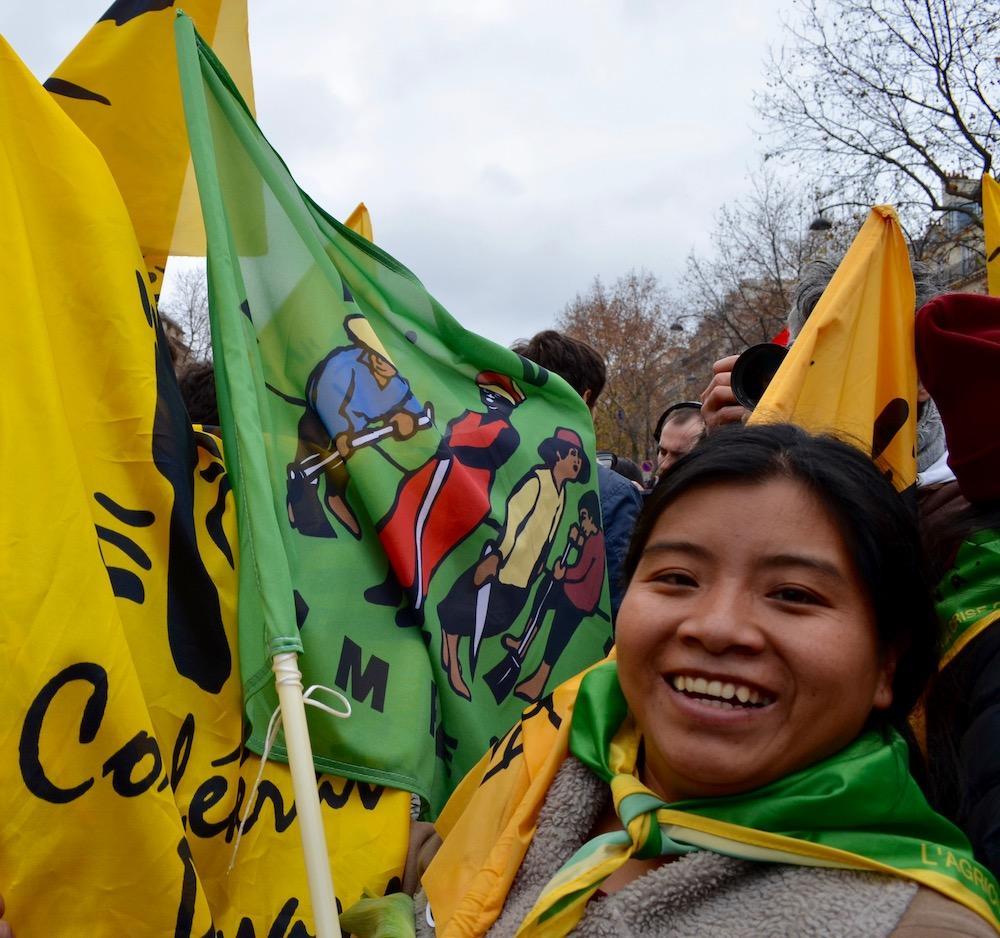
La Via Campesina
La Via Campesina, the global peasant movement that first put food sovereignty on the world stage, comprises 182 local and national organizations in 81 countries, representing about 200 million small-scale food producers worldwide.
Founded in 1993, La Via Campesina is an international movement bringing together millions of peasants, landless workers, Indigenous People, pastoralists, fishers, migrant farmworkers, small and medium-size farmers, rural women, and peasant youth from around the world. Built on a solid sense of unity and solidarity, it defends peasant agriculture for food sovereignty, defined as “the right of peoples to healthy and culturally appropriate food produced through ecologically sound and sustainable methods and their right to define their food and agriculture systems.”
La Via Campesina insists that diverse, peasant-driven agroecological modes of production, based on centuries of experience and accumulated evidence, are central to guaranteeing healthy food to everyone while remaining in harmony with nature. To achieve food sovereignty, La Via Campesina mobilizes and advocates for agrarian reform in peasant territories and provides training on agroecological production methods. This global coalition is also a platform for its members worldwide to communicate and carry out joint solidarity actions, mobilizations, and campaigns in defense of land, water, seeds, and forests.
Over the last three decades, La Via Campesina has successfully fought for a seat at the table in a variety of global policy spaces. A highlight of this work is the United Nations Declaration on Rights of Peasants and Other People Working in Rural Areas, adopted by the UN General Assembly in 2018, following 17 years of negotiations patiently led by La Via Campesina and its allies. This Declaration is among the essential international instruments that defend the rights of small-scale food producers and is a crucial tool in the implementation of food sovereignty.
Explorez nos ressources pertinentes
The Road to the 3rd Nyéléni Global Forum
- Saulo Araujo of Grassroots International
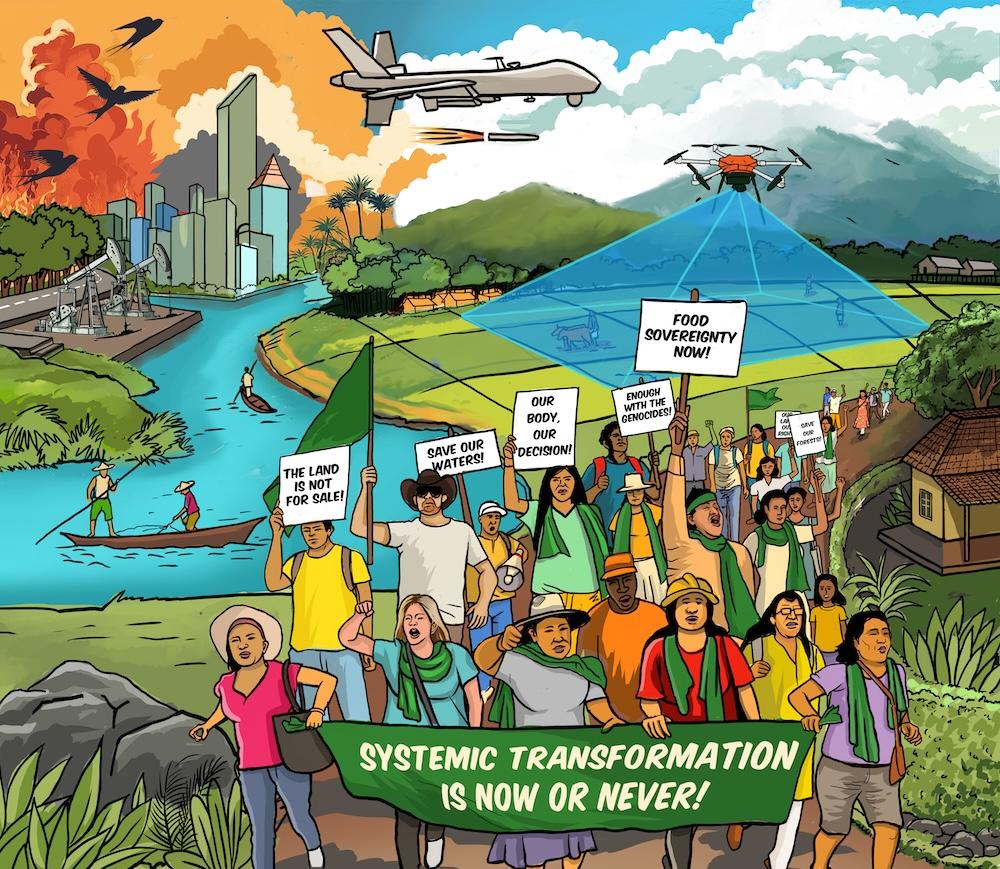
16th Annual Food Sovereignty Prize Awarded By US Food Sovereignty Alliance
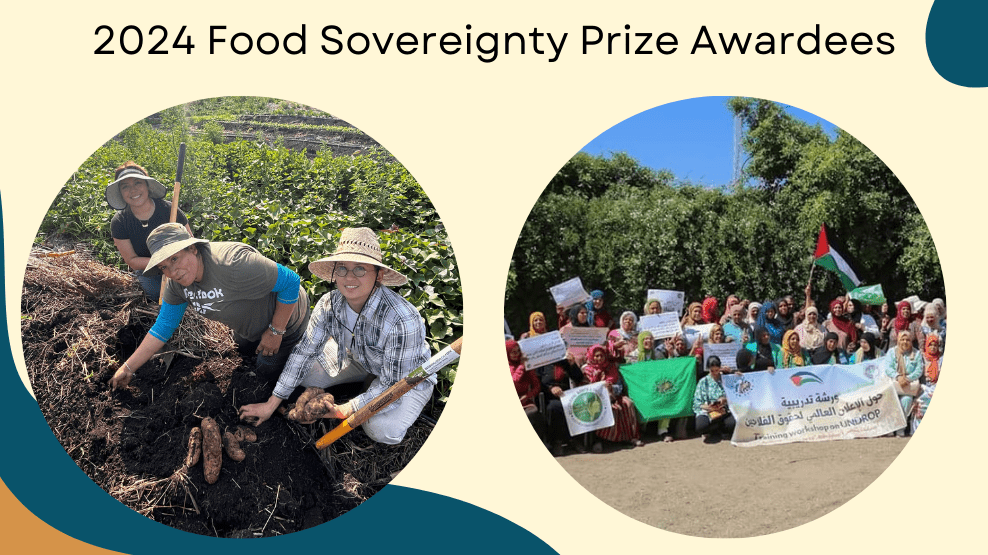
African Youth Pave the Way Forward on Agroecology
- Million Belay of AFSA
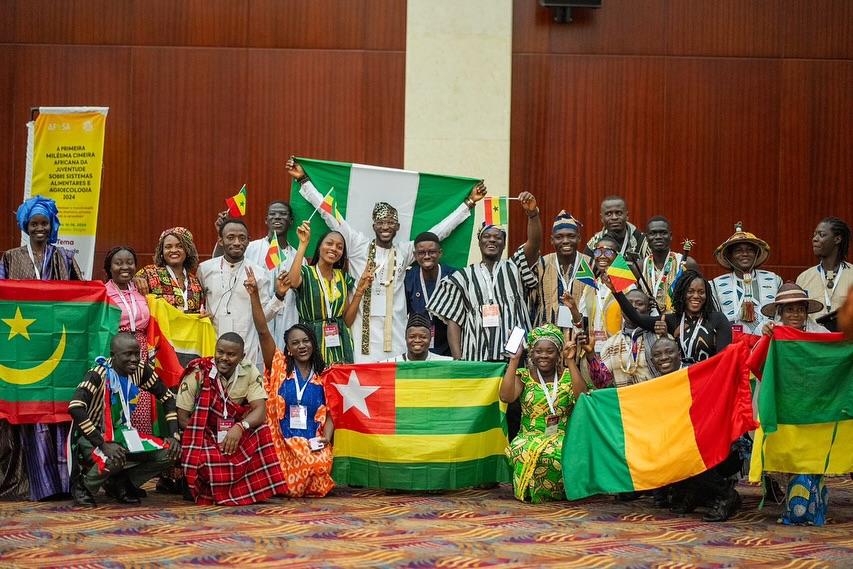
The Superpower of Soil and Those who Protect It
- Diane Martin and Dana Fugate of Mothers Out Front
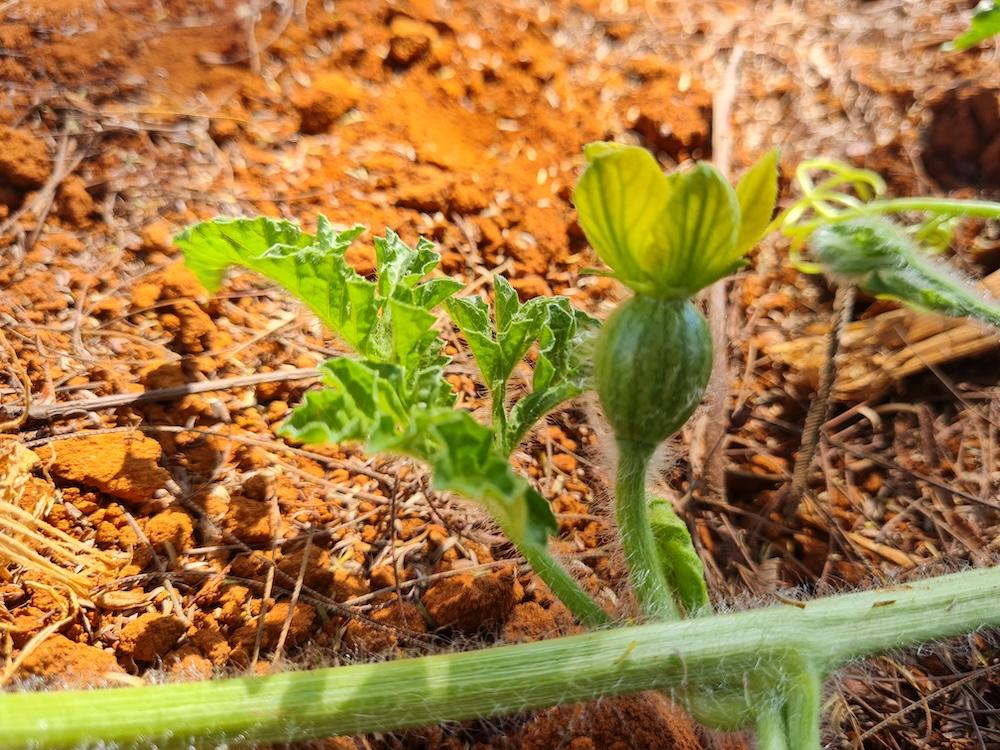
Learning from Brazil’s Social Movements
- Grassroots International
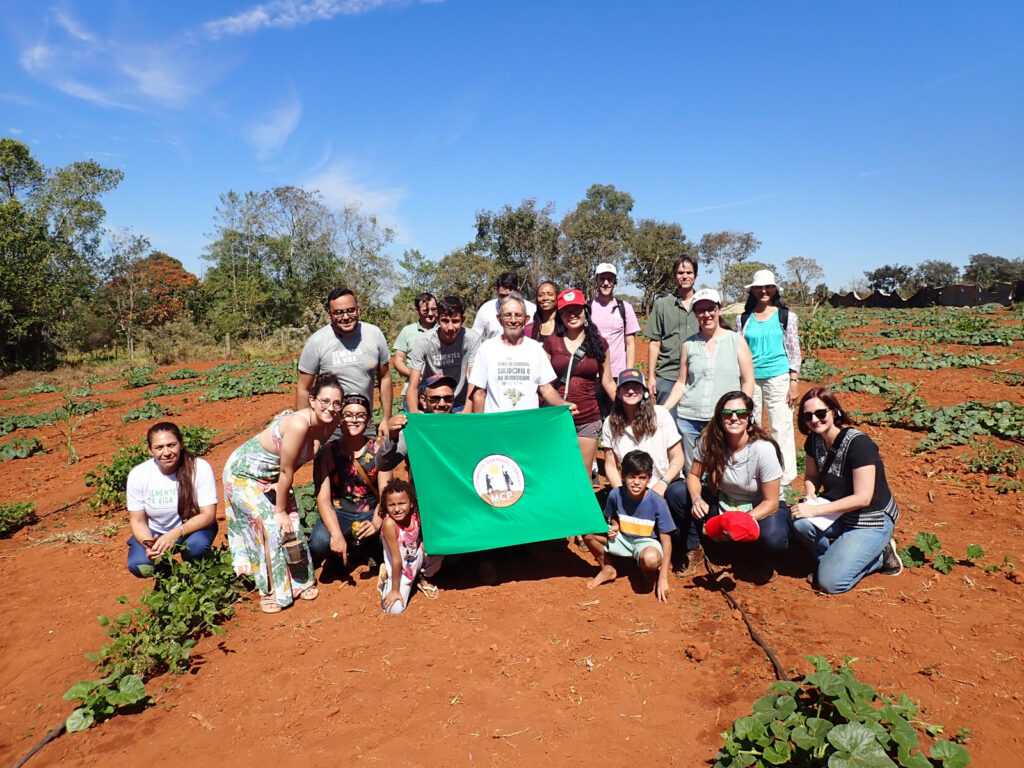
A New Framework for Trade Based on Food Sovereignty — Nyéléni Newletter no. 57
- Nyéléni

Haiti: Our Country Needs a Solution Coming from Its People
- Doudou Pierre Festile and Micherline Islanda Aduel
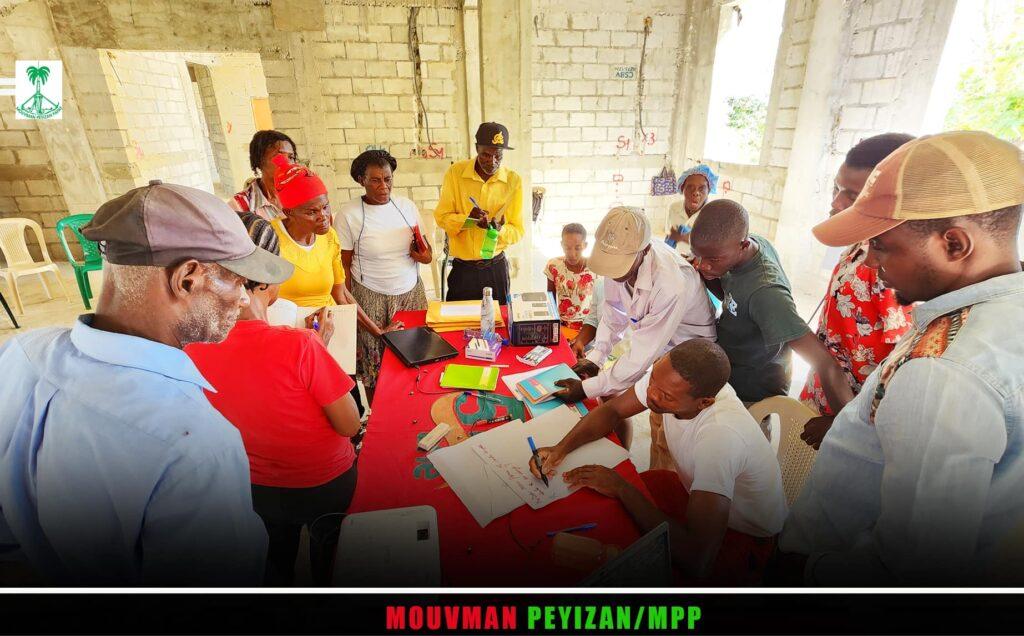
Funding in Haiti and Palestine Amid Devastating Conditions
- Michael Kavate, Inside Philanthropy
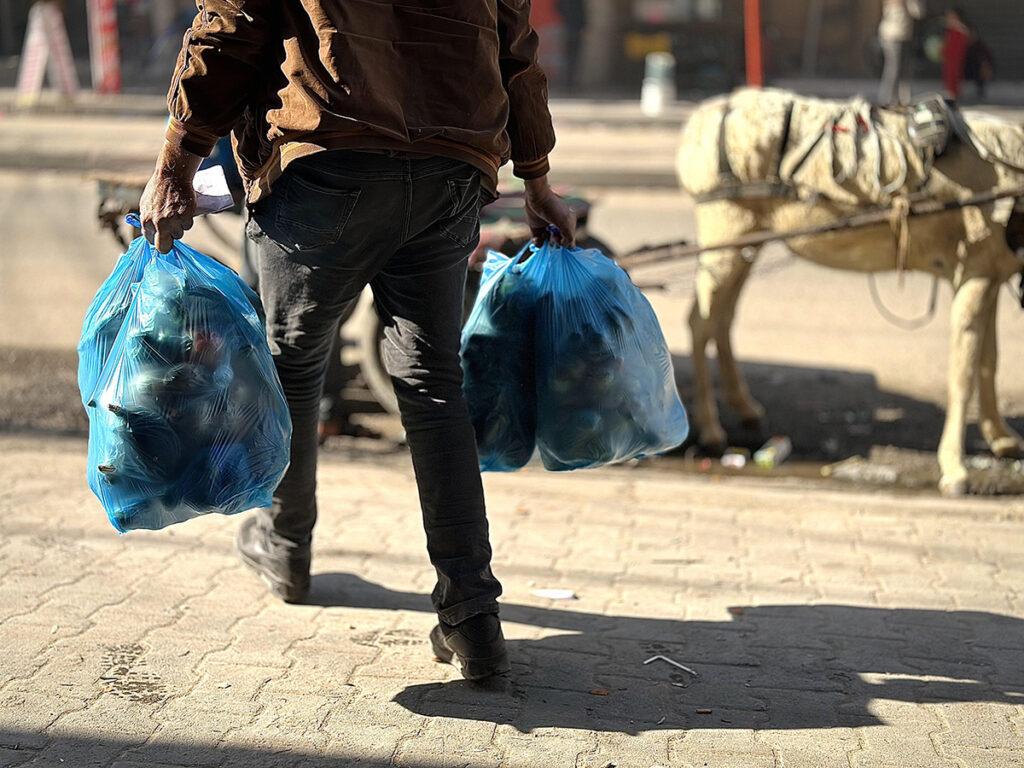
Join Our Delegation to Brazil This July
- Grassroots International
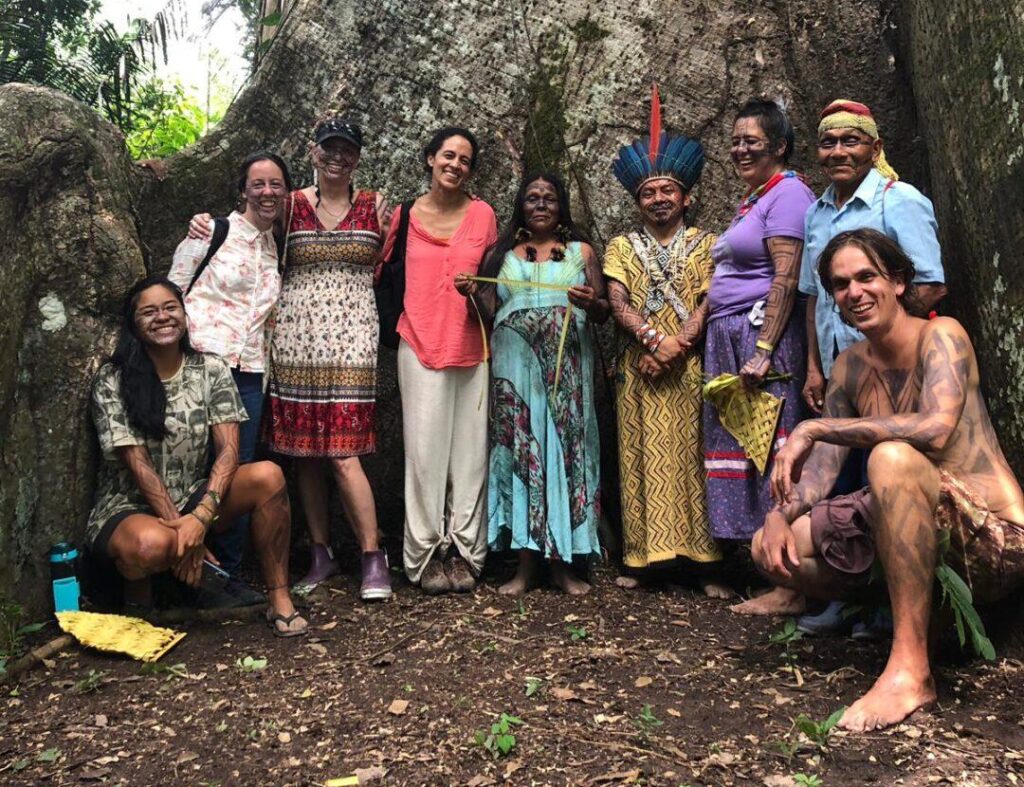
Long-Term Partnership Toward Food Sovereignty
- Grassroots International
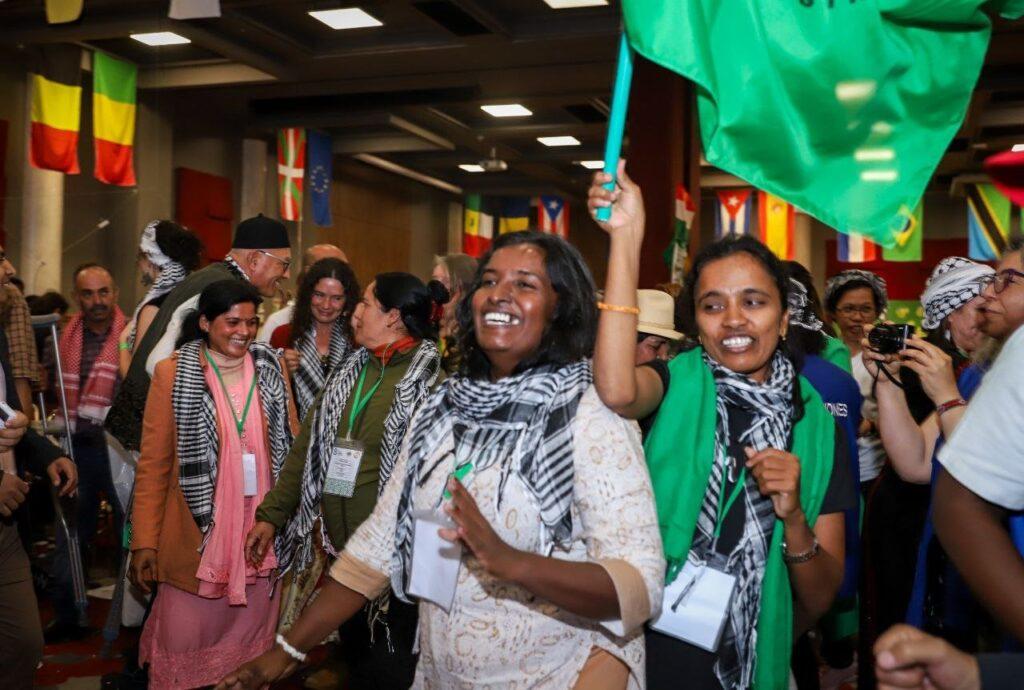
Celebrating Food Sovereignty with MPP and Black Dirt Farm Collective
- US Food Sovereignty Alliance
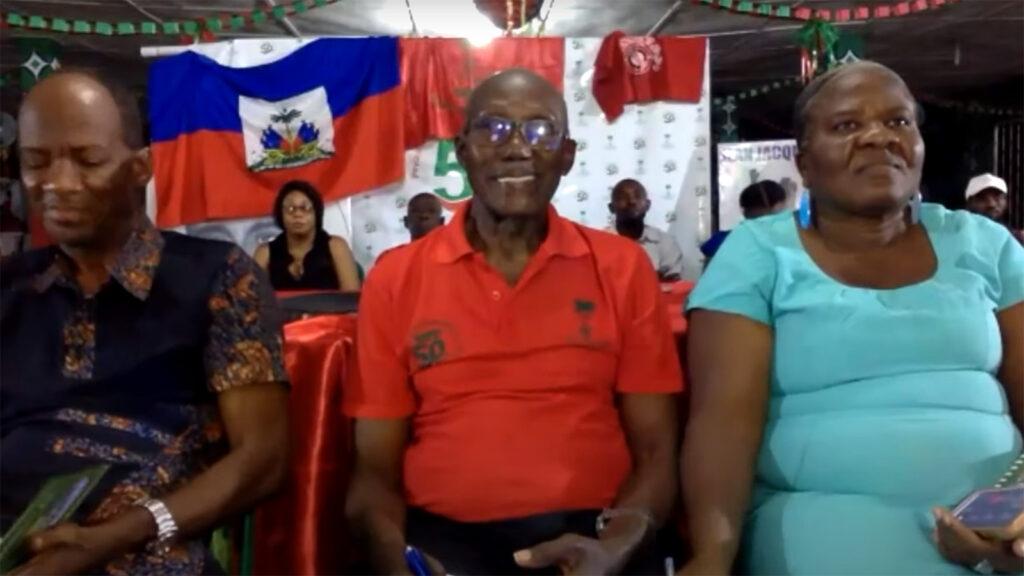
15th Annual Food Sovereignty Prize Honors the Black Dirt Farm Collective and Haiti’s Mouvman Peyizan Papay (MPP)
- US Food Sovereignty Alliance
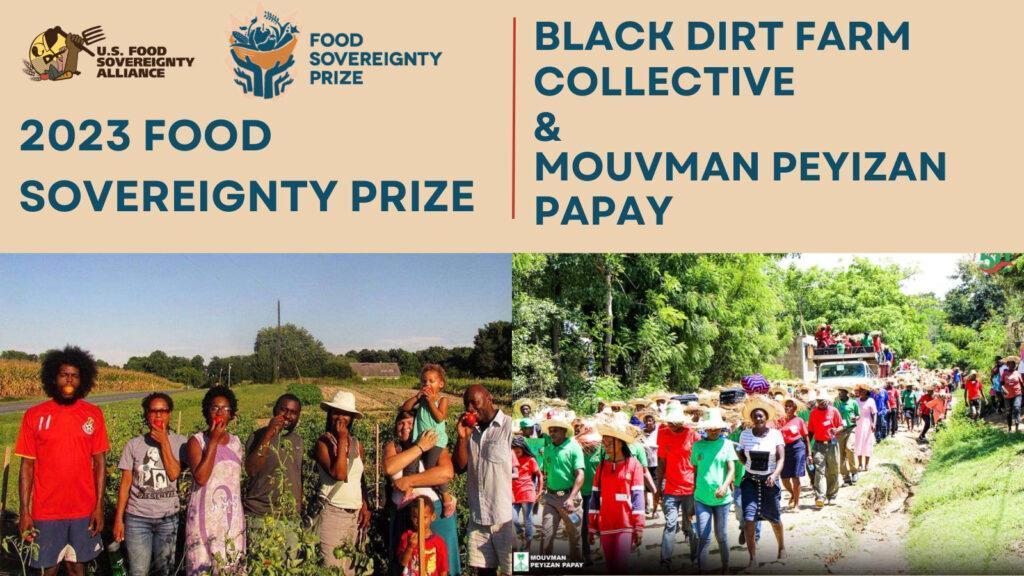
Grassroots Through the Years: Food Sovereignty
- Grassroots International

The Movement for Community-Led Agroecology
- Grassroots International
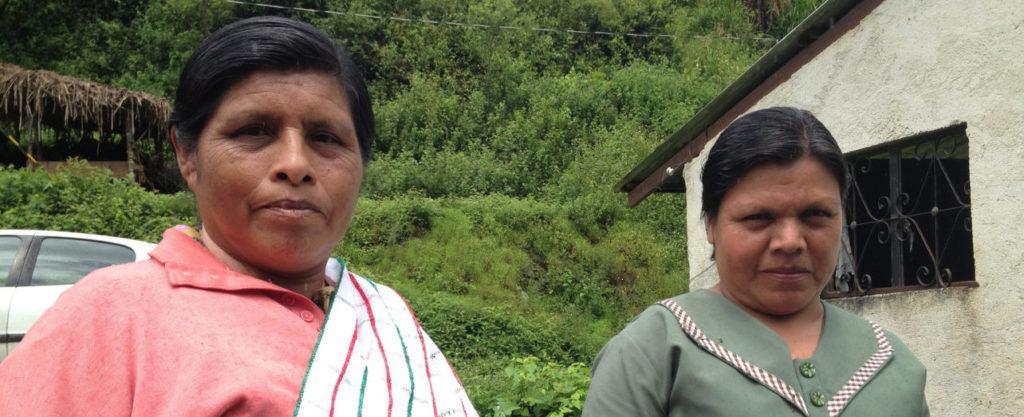
10 Things You Should Know About Brazil’s MST
- Grassroots International
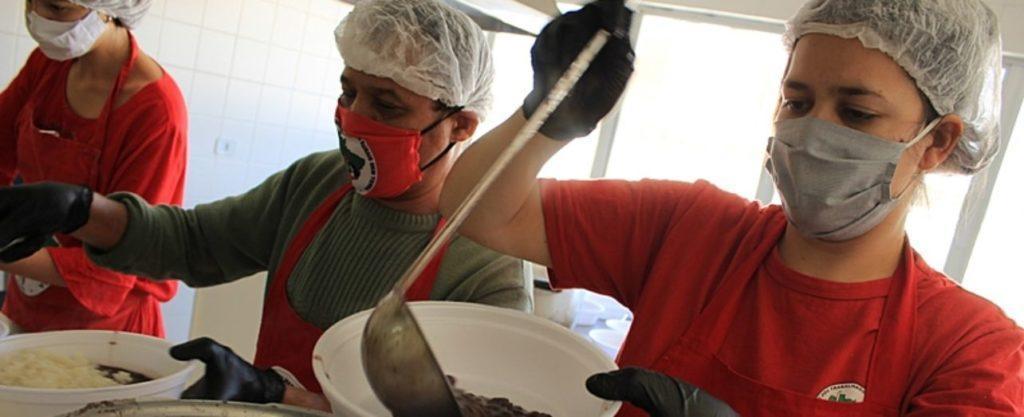
On April 17, Peasant Struggles Continue
- Grassroots International
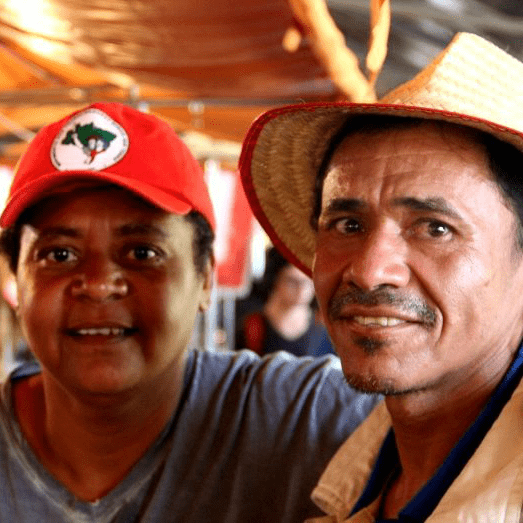
Federation Celebrated for Black Resistance in Fields and Food
- Federation Of Southern Cooperatives
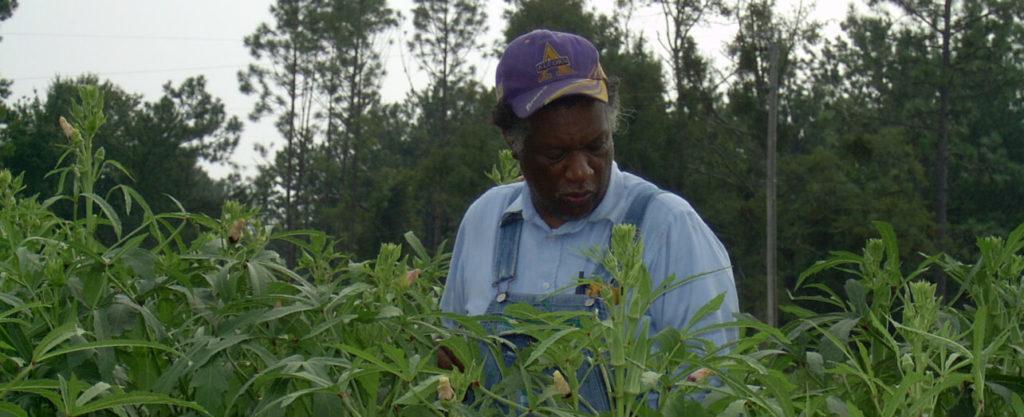
Relief, Recovery or Change?
- Giovanni Roberto
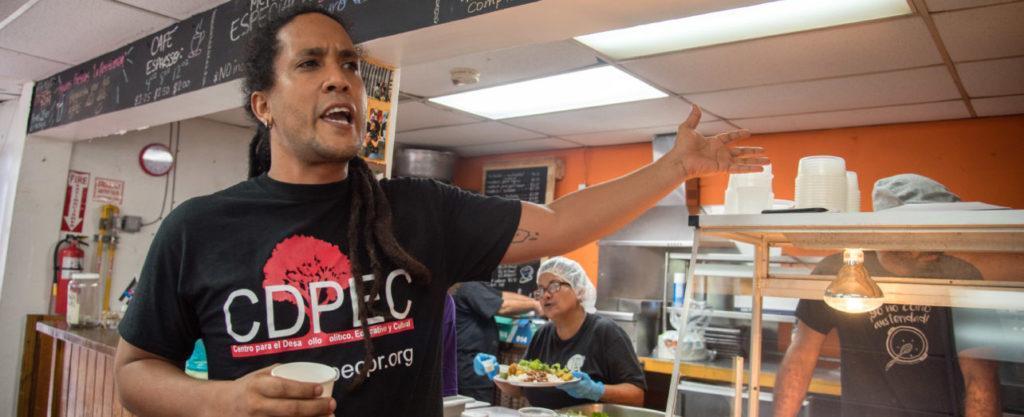
Prize Highlights Solutions to Worsening Hunger Crisis
- The U.S. Food Sovereignty Alliance
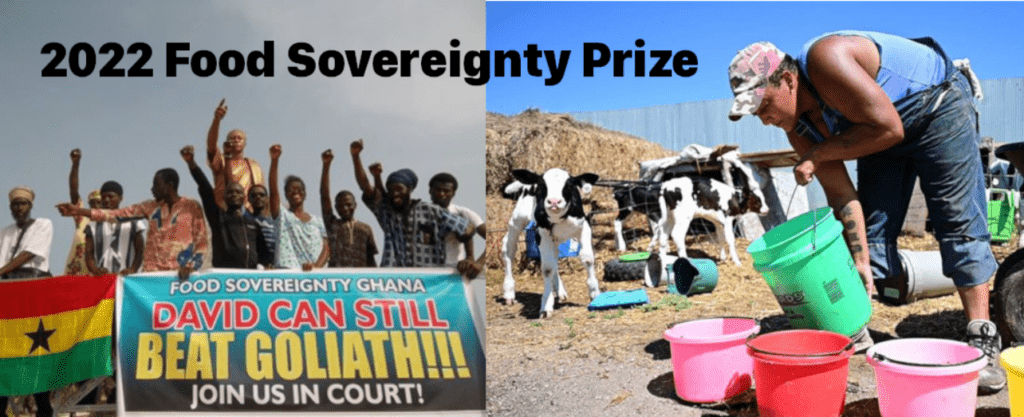
Mexico’s New Movement Institute for Indigenous and Peasant Youth
- Christina Schiavoni
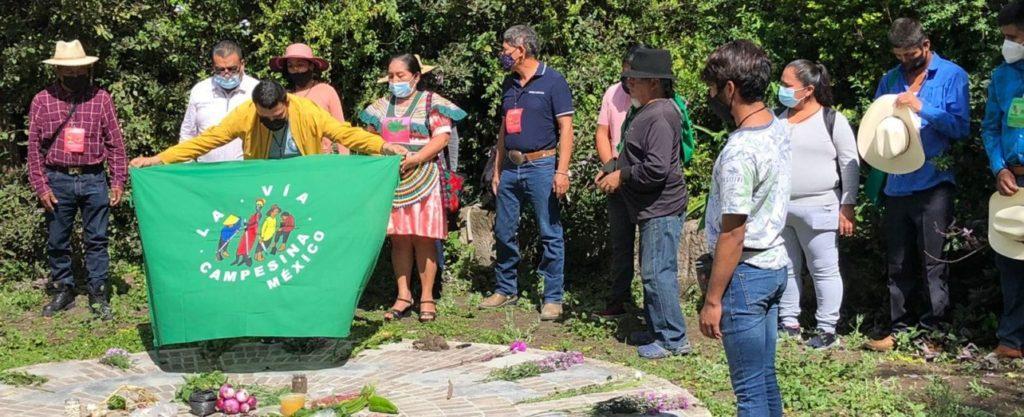
LGBTQIA+ Peasants in Struggle: Free Our Land, Free Our Bodies
- Capire
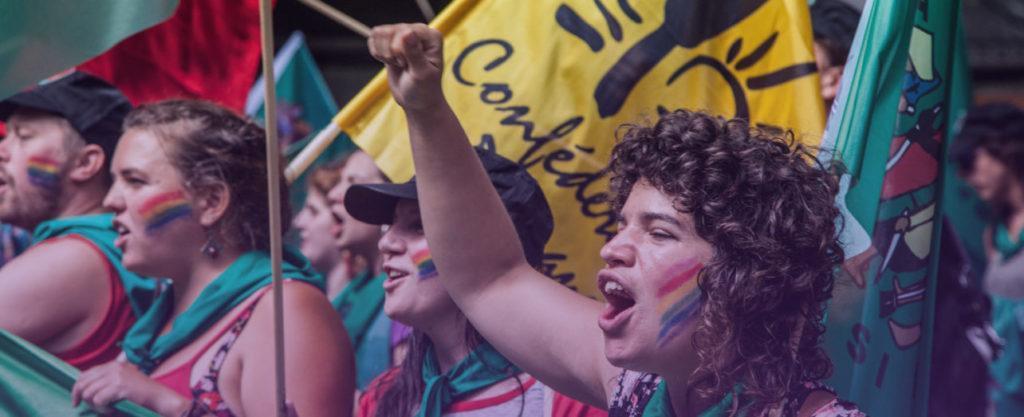
GRAPHIC: Restrictions on Palestinian Food Sovereignty
- Visualizing Palestine
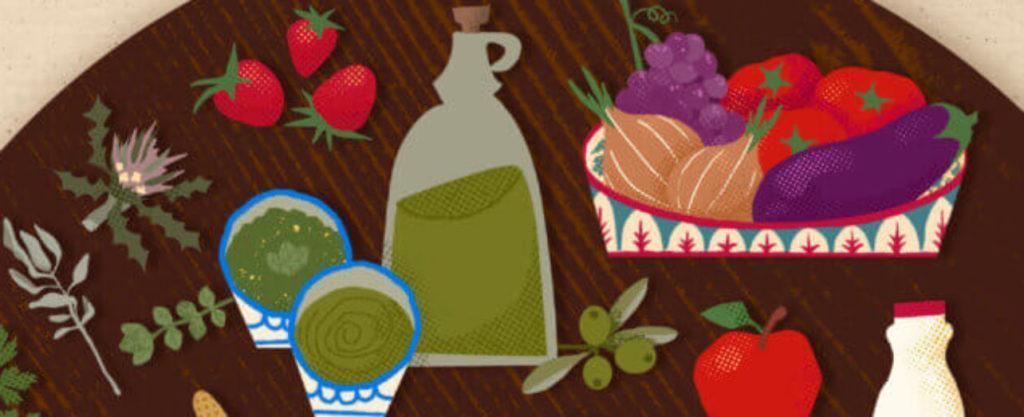
Via Campesina Releases Booklet on Economic Justice
- La Via Campesina
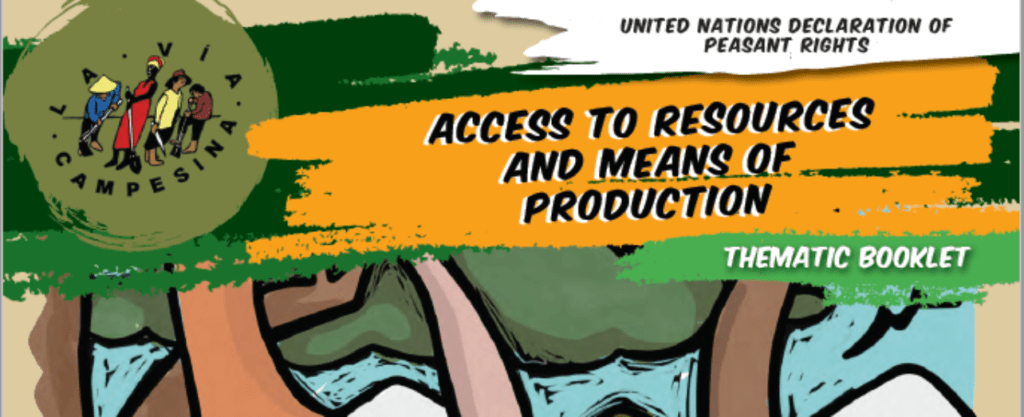
Feeding the World, Cooling the Planet
- Chris Morrill
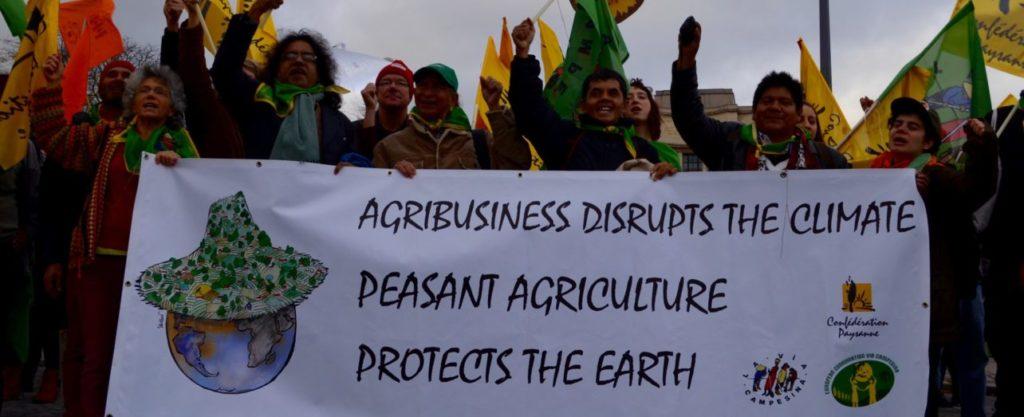
Rob Wallace: Agroecology is Key for Stopping the Next COVID
- Rob Wallace
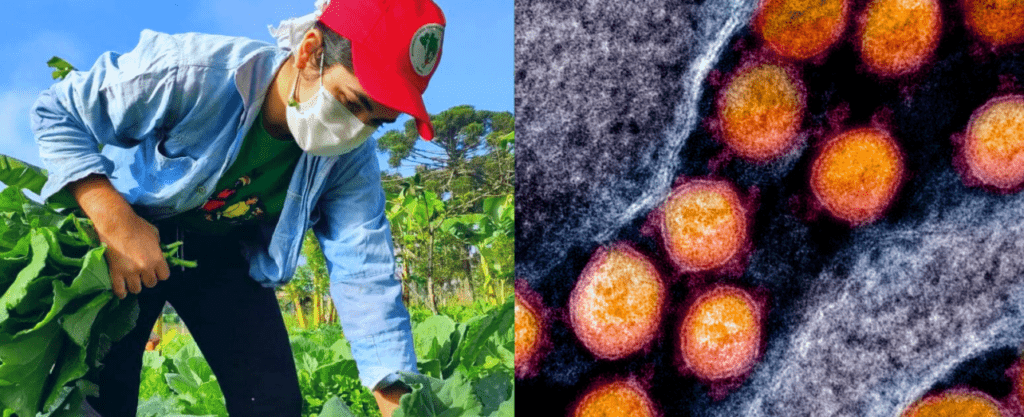
Land, Resistance, and Liberation: Agricultural Cooperatives as a Vital Piece of Black History in the U.S.
- Grassroots International

Land and Territory: Sovereignty, Culture and Resistance
- Chris Morrill
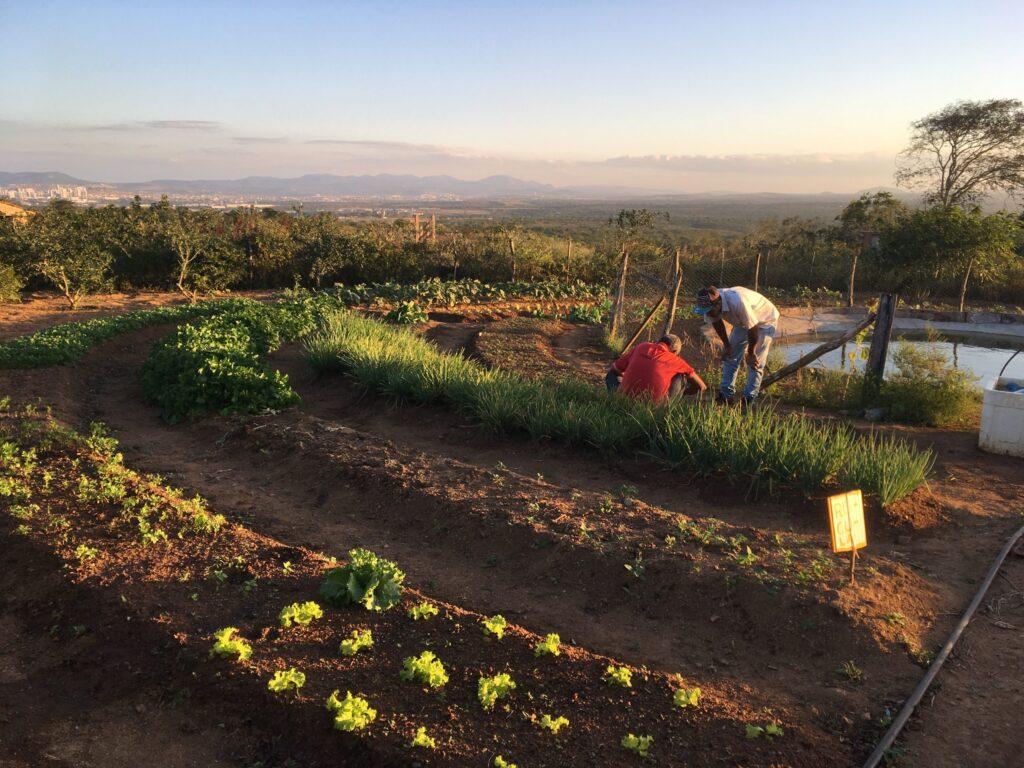
On Heels of Failed UN Food Systems Summit, Food Sovereignty Prize Highlights Transformative Solutions
- US Food Sovereignty Alliance
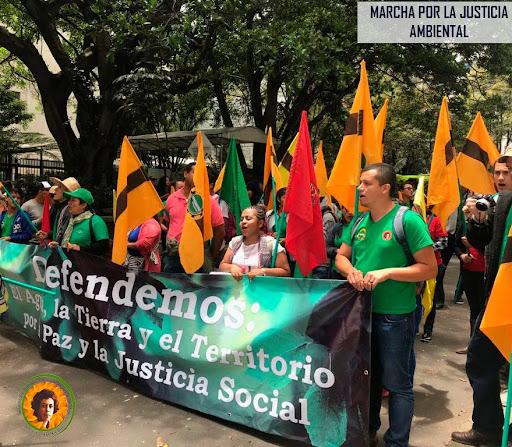
25 Years of Food Sovereignty: Accompanying the Struggle
- Christina Schiavoni
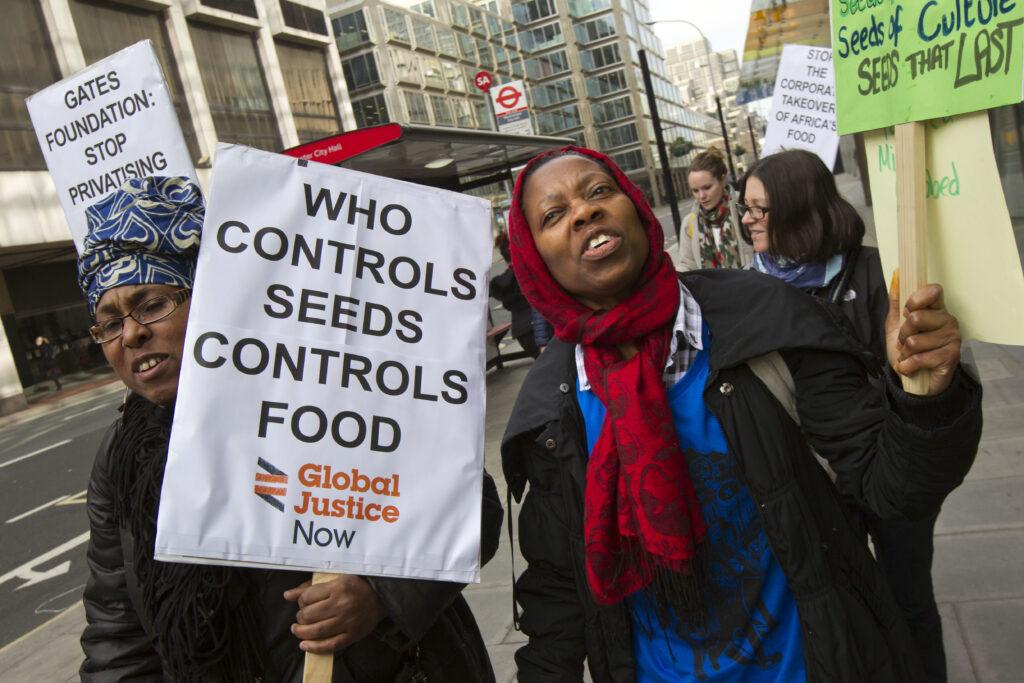
Update from the Trenches in Brazil: “one of the worst crises our country has ever seen”
- Valdenildo Martins de Souza
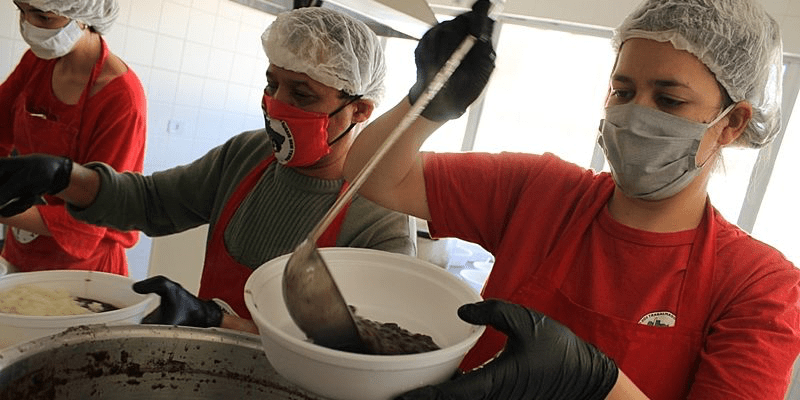
International Day of Peasant Struggle: Looking Back to Build Forward
- Grassroots International
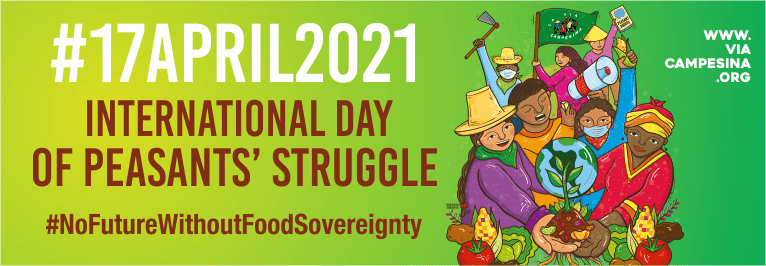
Eldorado do Carajás, 25 Years of Impunity: Interview with Ayala Ferreira
- Fernanda Alcântara
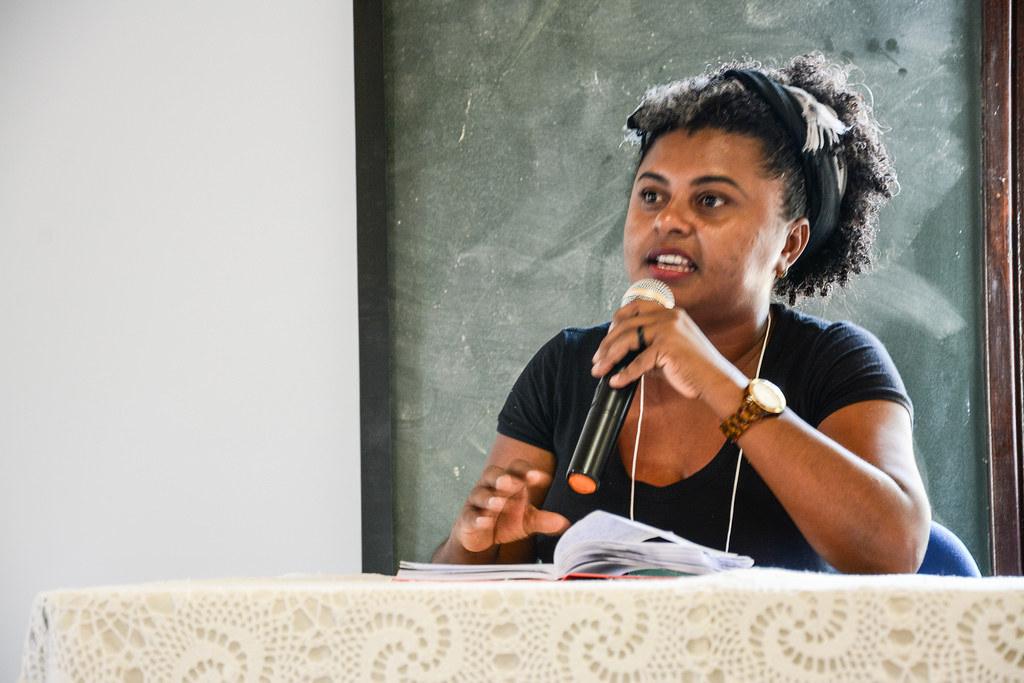
Communicating Food Sovereignty: 10 Years of the Nyéléni Newsletter
- Grassroots International
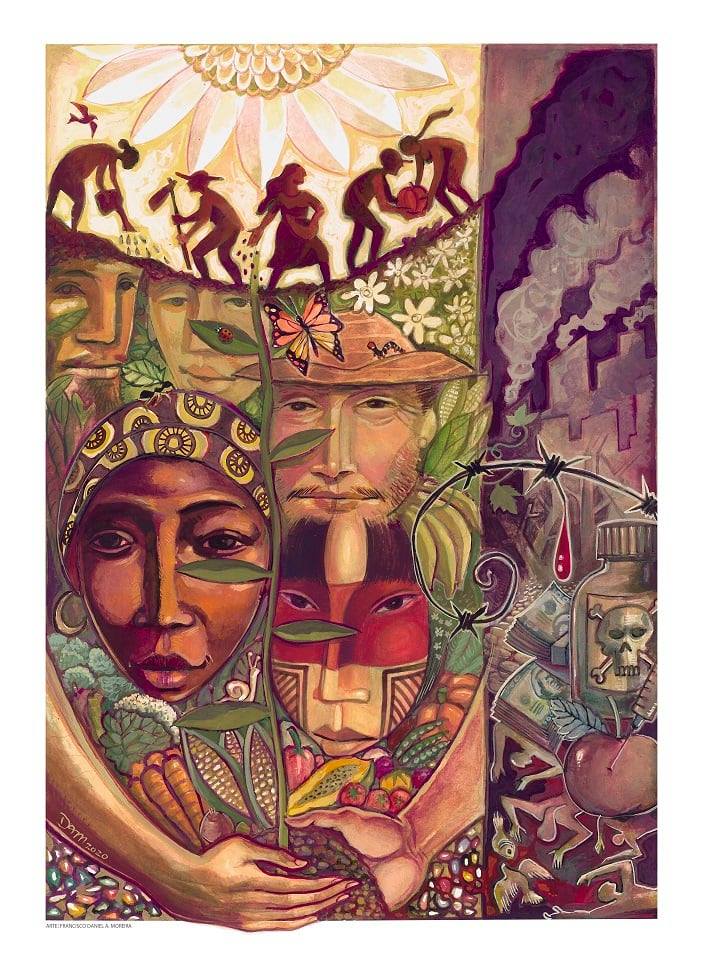
VIDEO: Land Grabs in Brazil
- Grassroots International
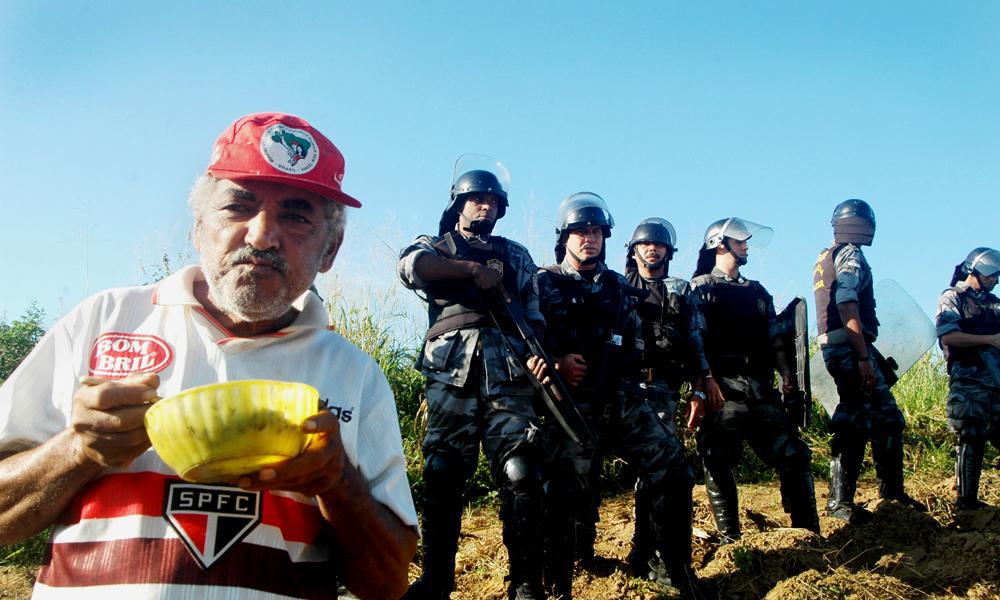
Haitian Movements Denounce Land Grabs
- Statement of Haitian Movements

Converging to Overcome Crisis and Change the System
- Salena Tramel
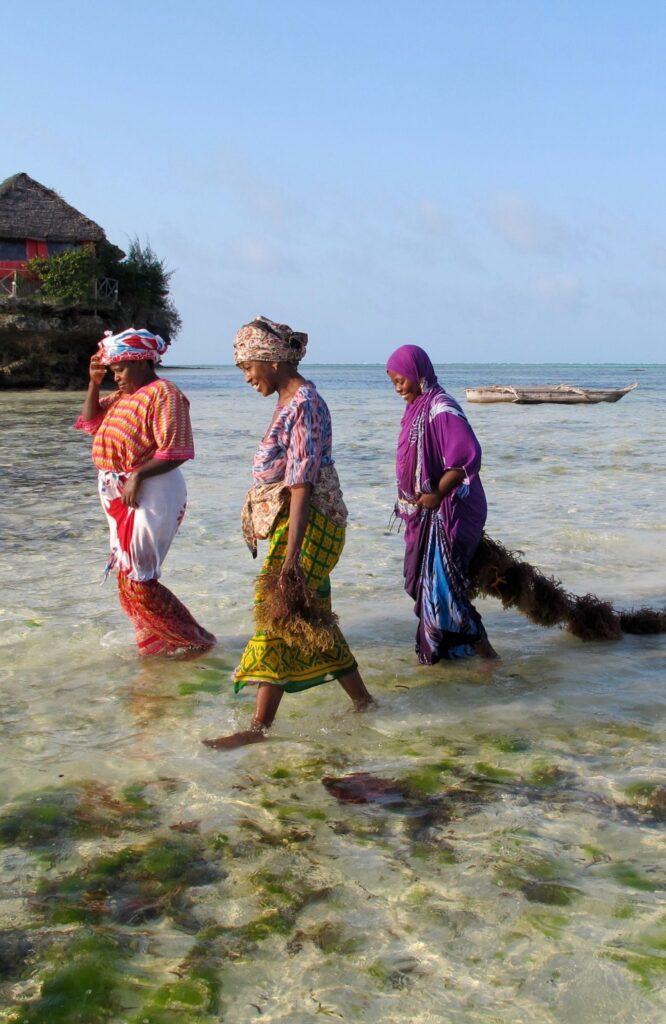
World Food Day: Saluting Food Sovereignty Prize Awardees
- U.S. Food Sovereignty Alliance
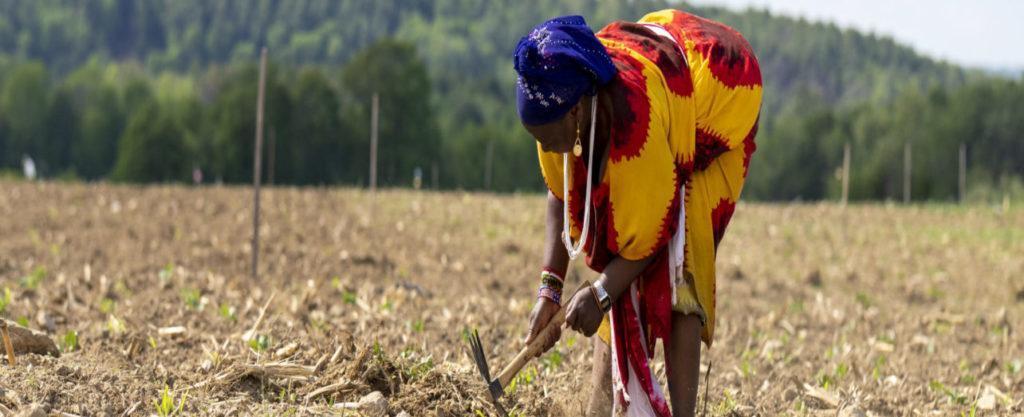
A Symbol of Strength in Puerto Rico’s Fields
- Chris Morrill
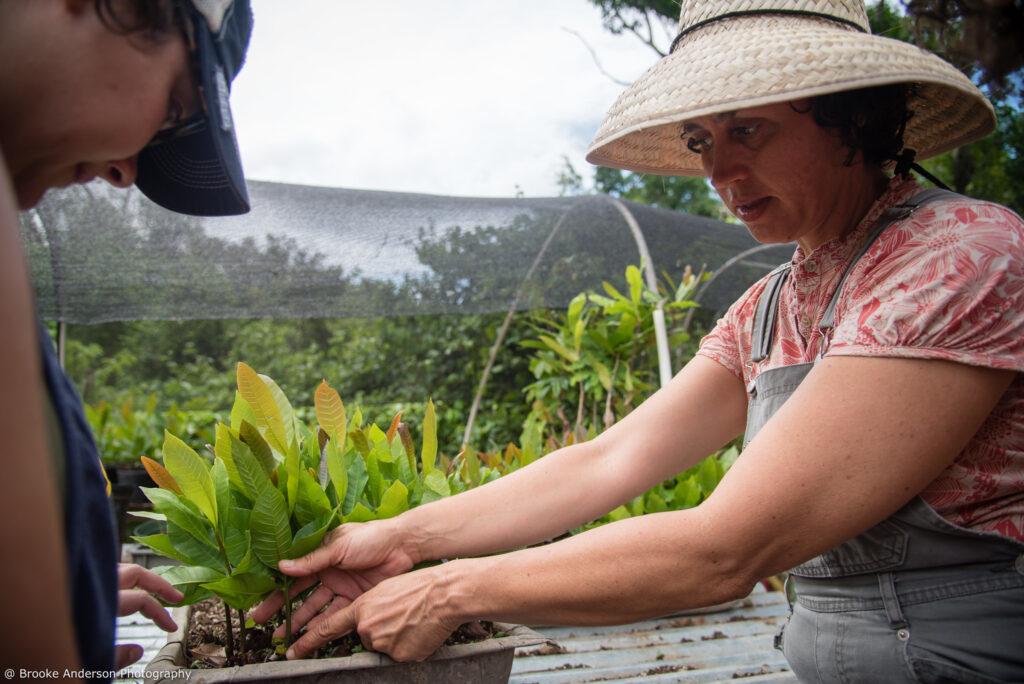
Agribusiness Replaces Hunger with Malnutrition
- TimWise
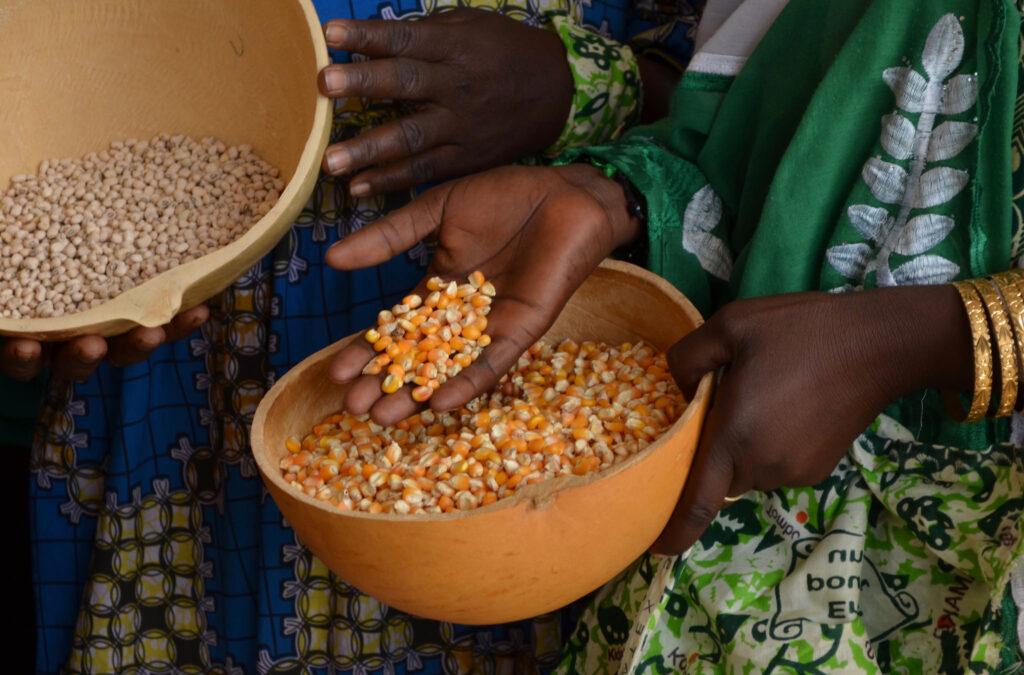
MST Resists COVID-19 Clampdown
- Chris Morrill

Small-scale Agriculture Can Feed Our Countries
- Agnès Faivre

Movement Poem: « the tools that those frogs spoke about by the fire »
- Efren Uriel Lopez
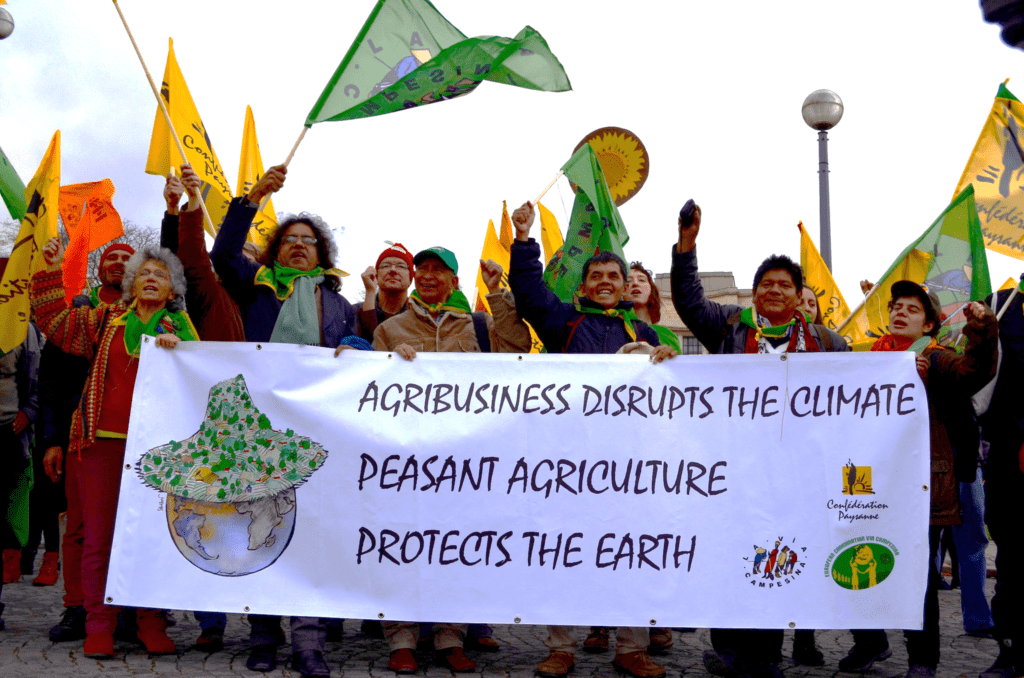
MST Demands COVID-19 Agrarian Reform
- Grassroots International

Dignity over Austerity in Puerto Rico’s Food Sovereignty Movement
- SalenaTramel
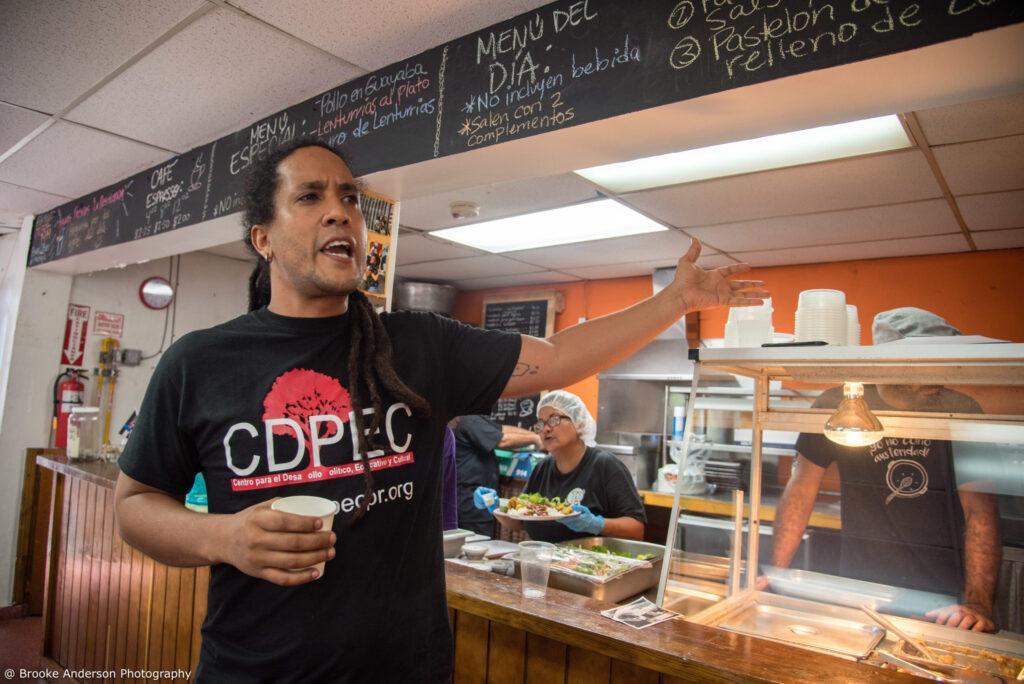
Amid COVID-19, Via Campesina says stay home but not silent
- La Via Campesina

Fighting Bill Gates for the Future of Food
- Million Belay and Timothy A. Wise

What is Organic Farming If Not Sustainable?
- ChrisMorrill
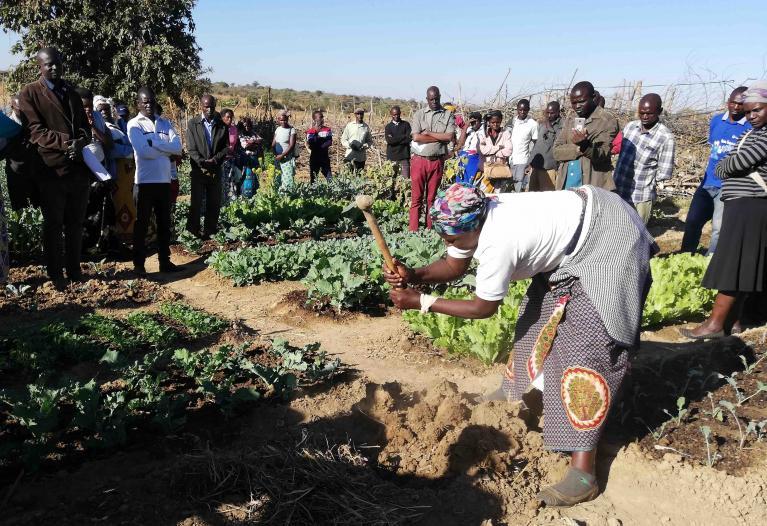
Coming Out! Gender Diversity in the Food System
- Paula Gioia

Pesticides, GMOs and Fires vs. Agroecology
- Chris MorrillMorrill
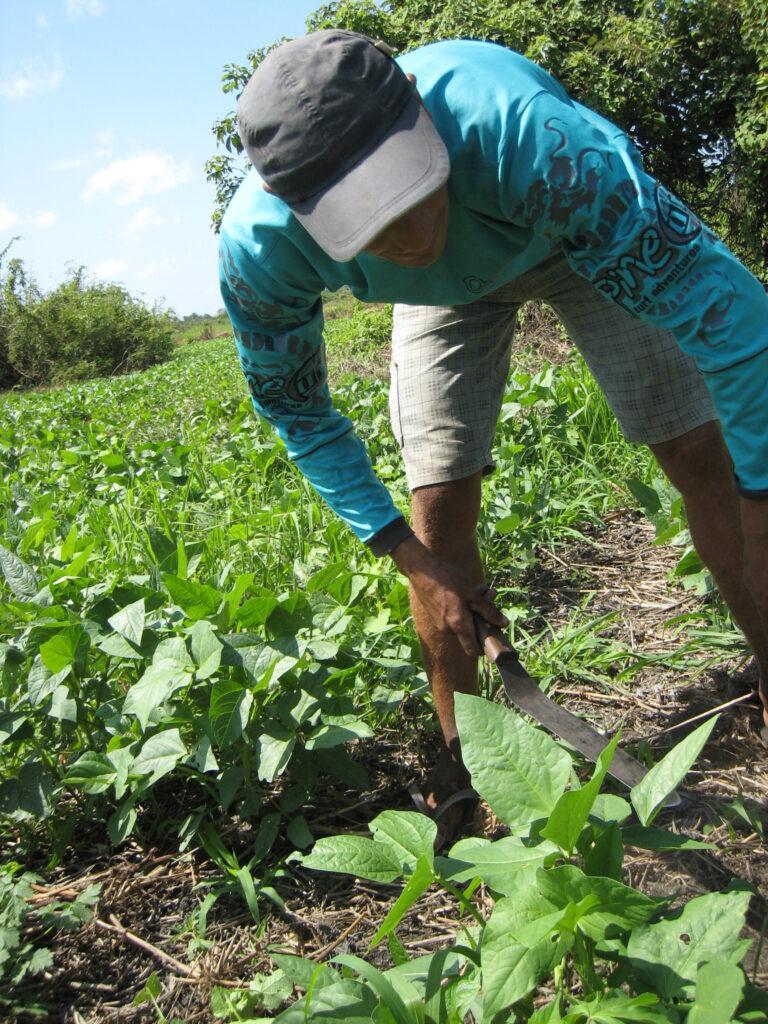
Joy and Hope Amid Struggle in Brazil
- Piper Carter
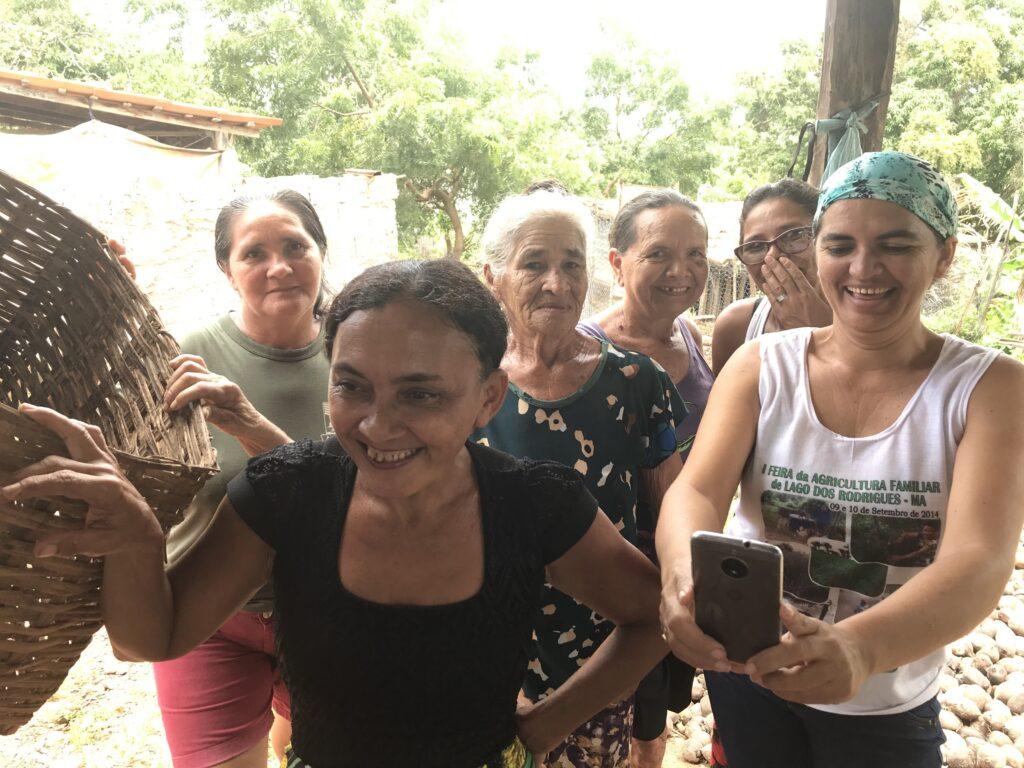
Growing Sustainable Food Systems
- Grassroots International
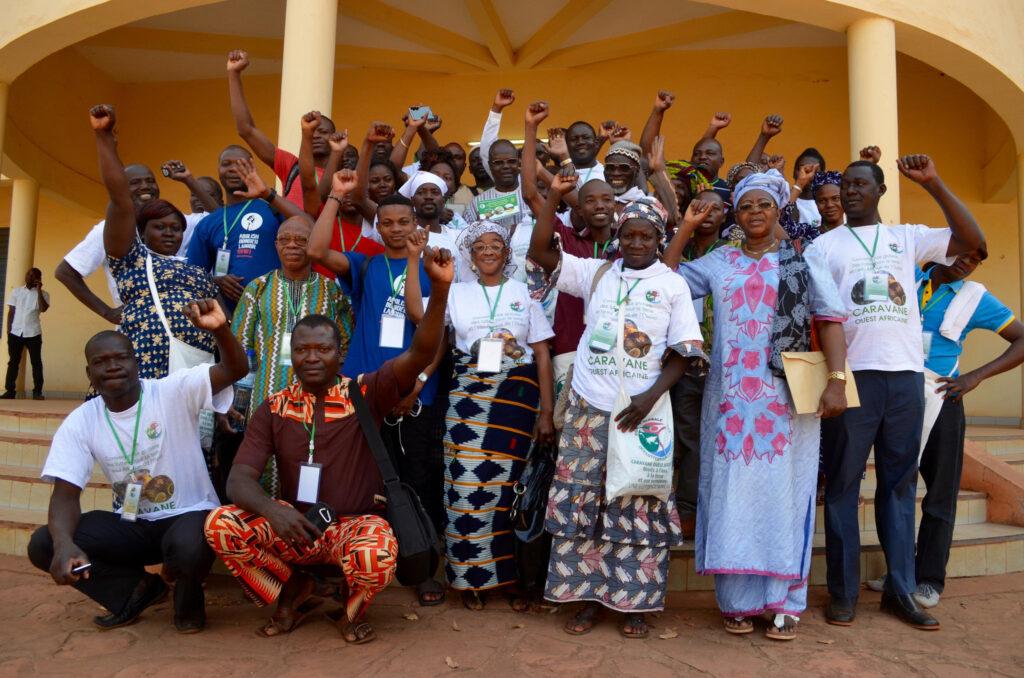
Family Farming Could Feed Haiti and Protect It From Climate Change
- Jean-Rusnel Etienne
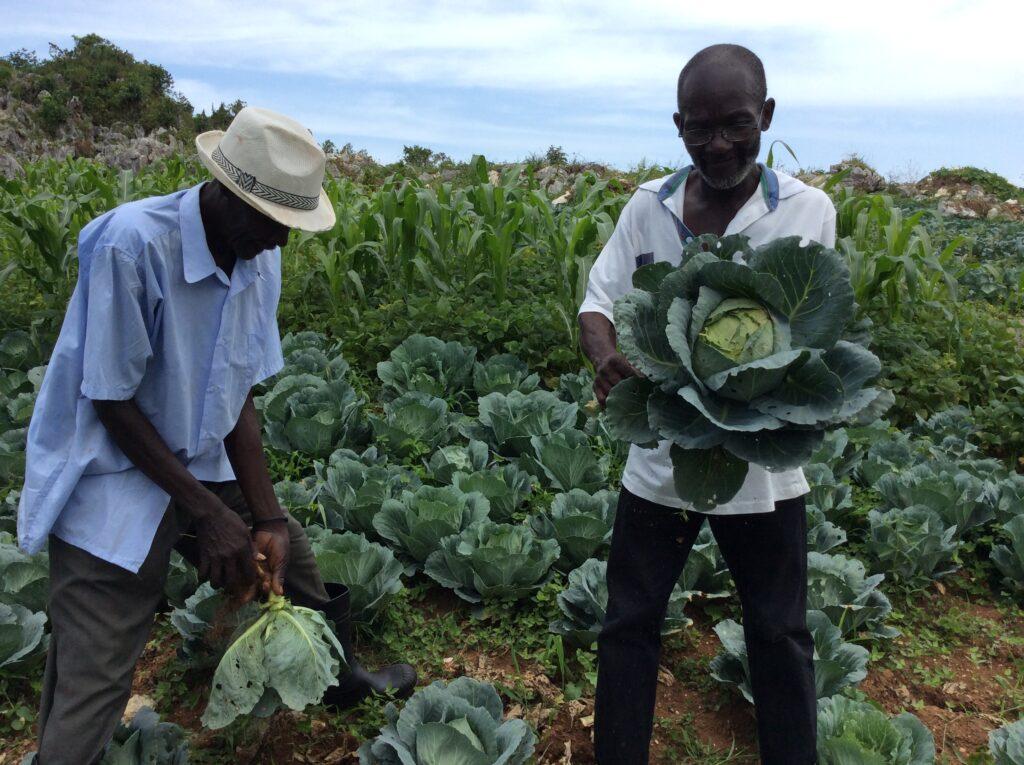
Stopping Colleges’ Land Grabs: Farmers and Faculties Unite
- Chris Morrill
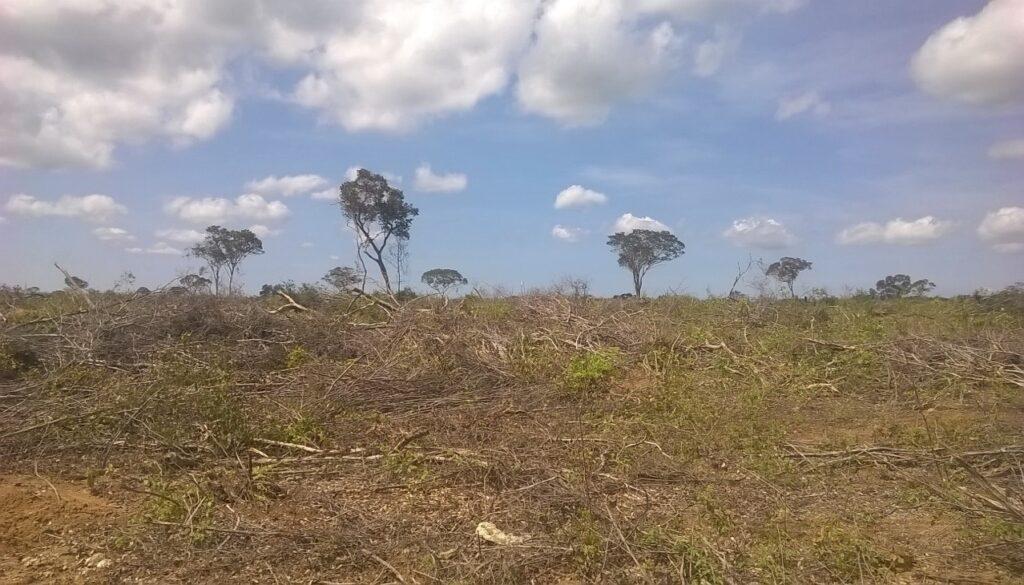
Embracing Grassroots Feminism
- SalenaTramel
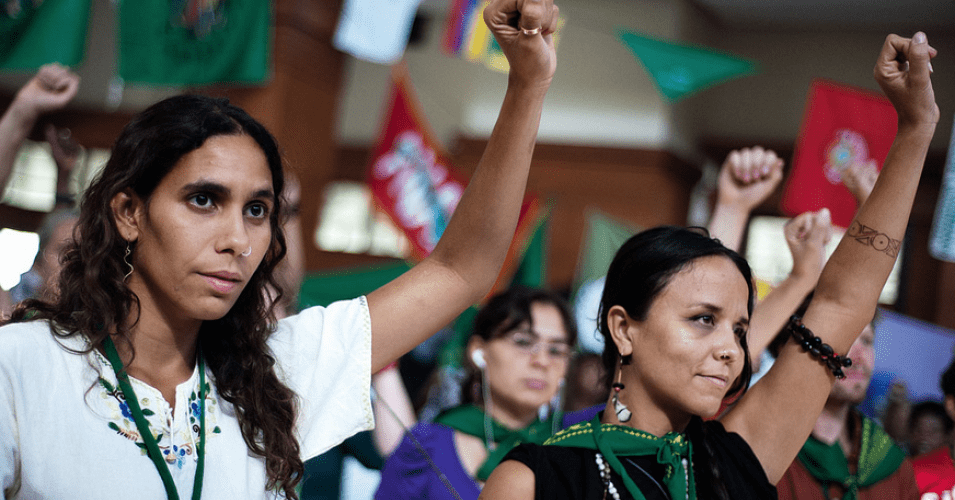
Babaçu Nut Harvesters Organize for Land and Livelihoods in Brazil
- Chung-Wha Hong and Lydia Simas
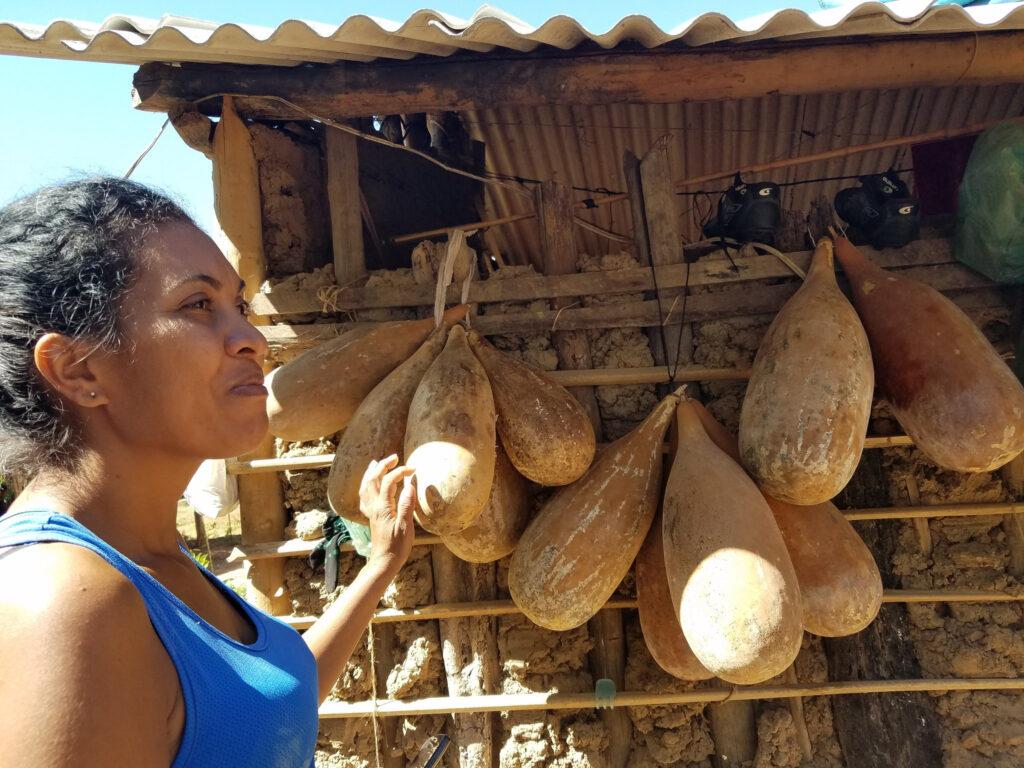
Peasants’ Rights are Human Rights
- Emma George
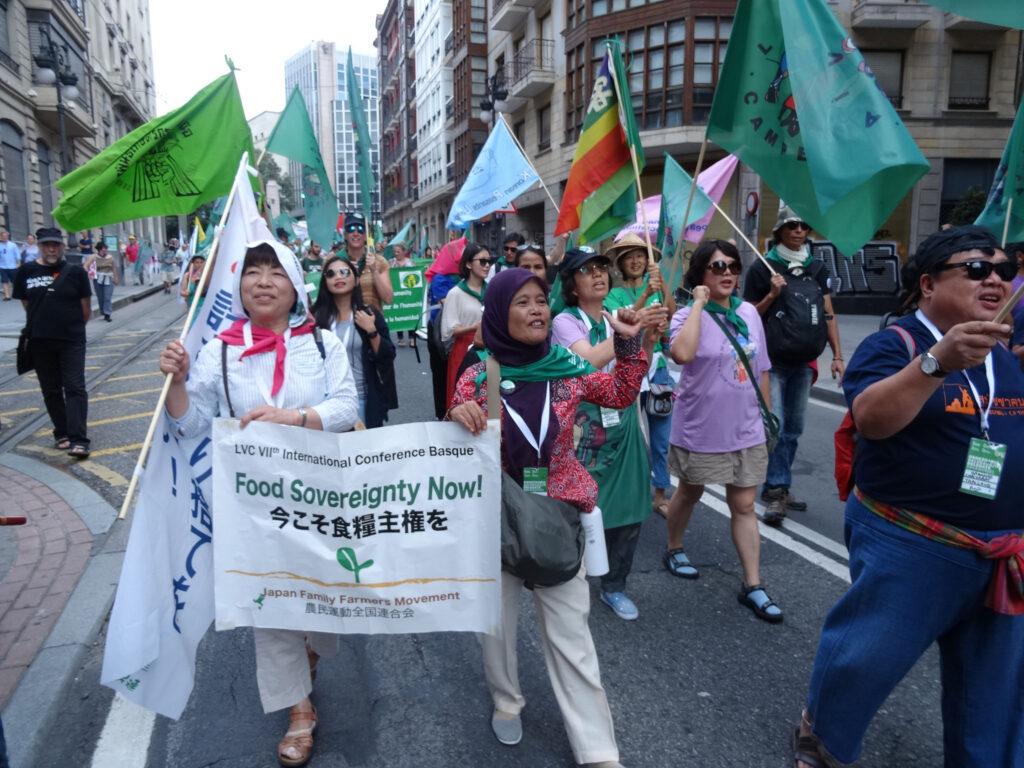
Tell TIAA to Get Out of the Land Grabbing Business
- Family Farm Defenders
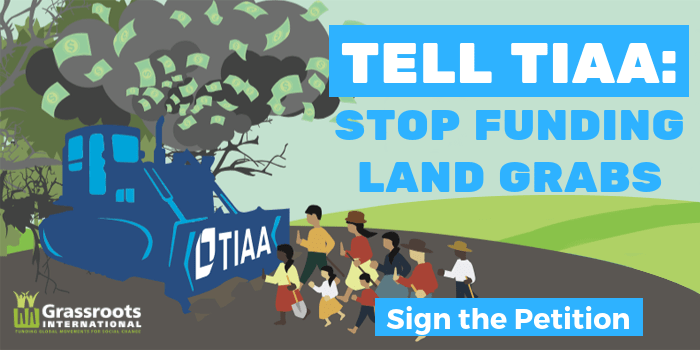
Grassroots Movements Celebrate Building Solutions to Food and Climate Crises
- US FOOD SOVEREIGNTY ALLIANCE
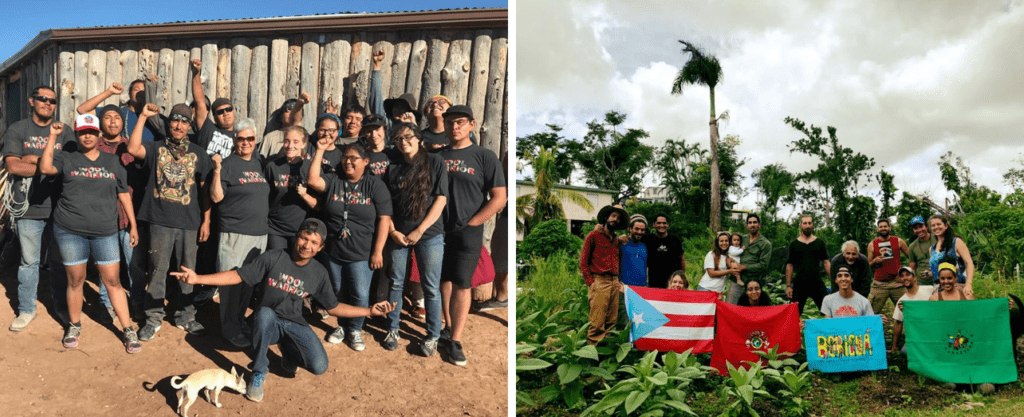
‘This Is Life or Death for Us’: Mexico’s Farm Movement Rejects New NAFTA Agreement
- TimothyWise
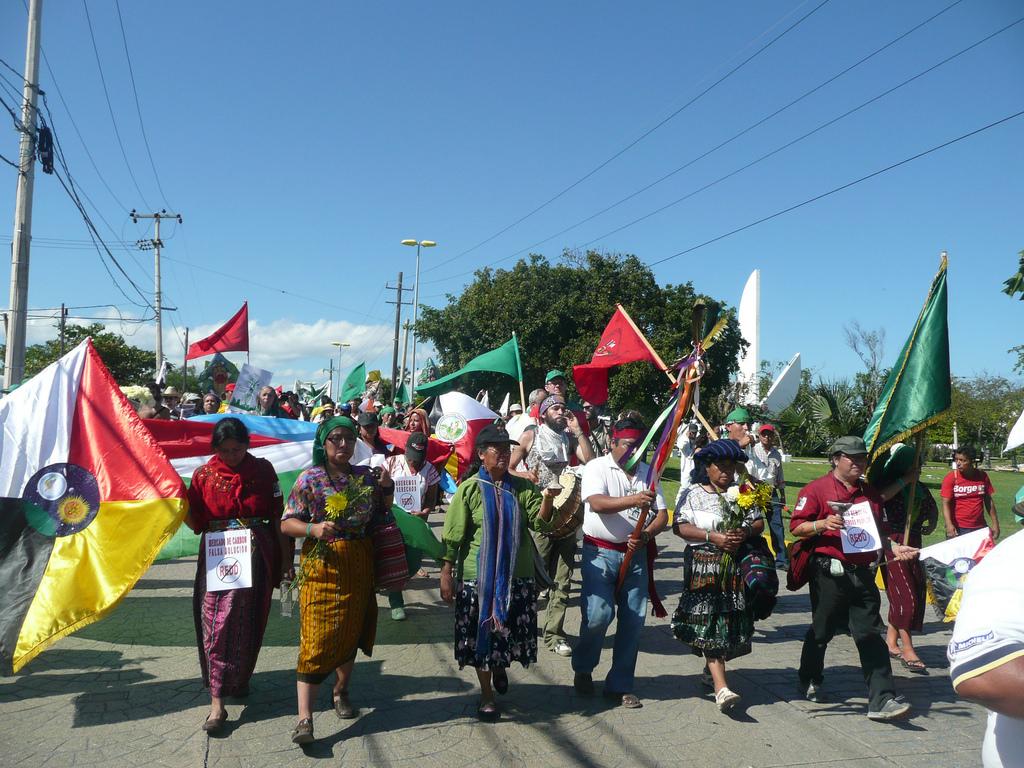
Farmers Need Fair Prices, Not NAFTA-Lite and Meager Tariff Aid
- National Family Farm Coalition
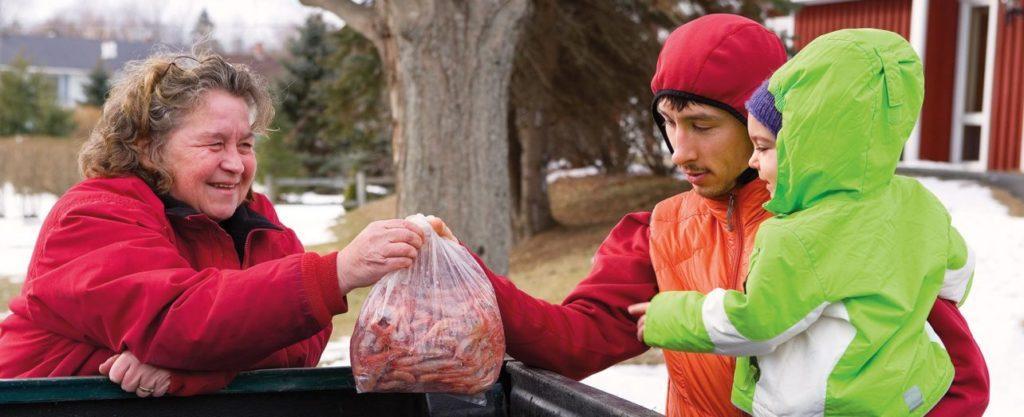
Building International Solidarity
- Leonie Rauls
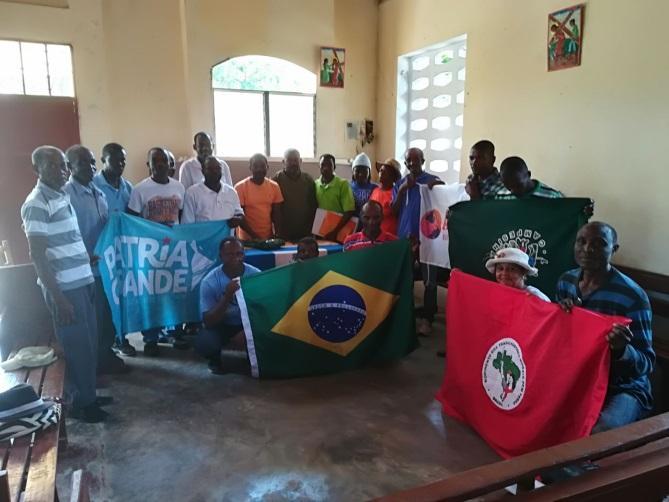
A Hunger Strike for Judicial Justice
- Leonie Rauls

Sharpening Communication: Harnessing the Media to Build Solidarity
- Leonie Rauls
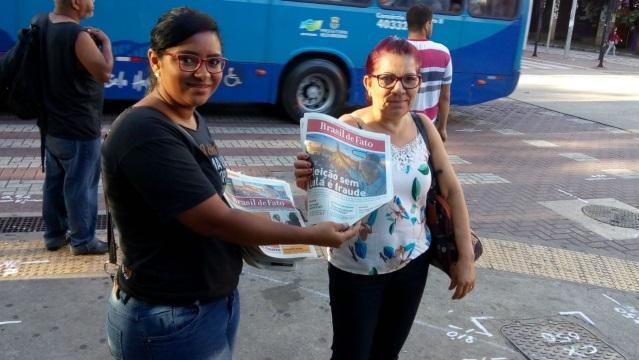
Black August: Seeing Hope and Sticking to It
- ChrisMorrill
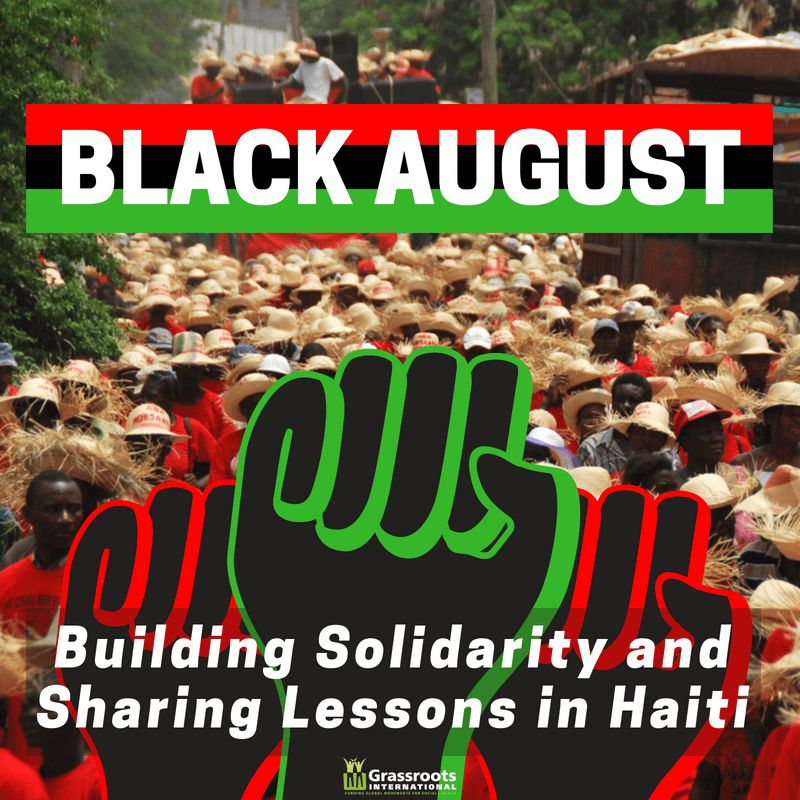
Elizabeth Mpofu: Agriculture and Advocacy Take Time
- Alliance for Food Sovereignty in Africa
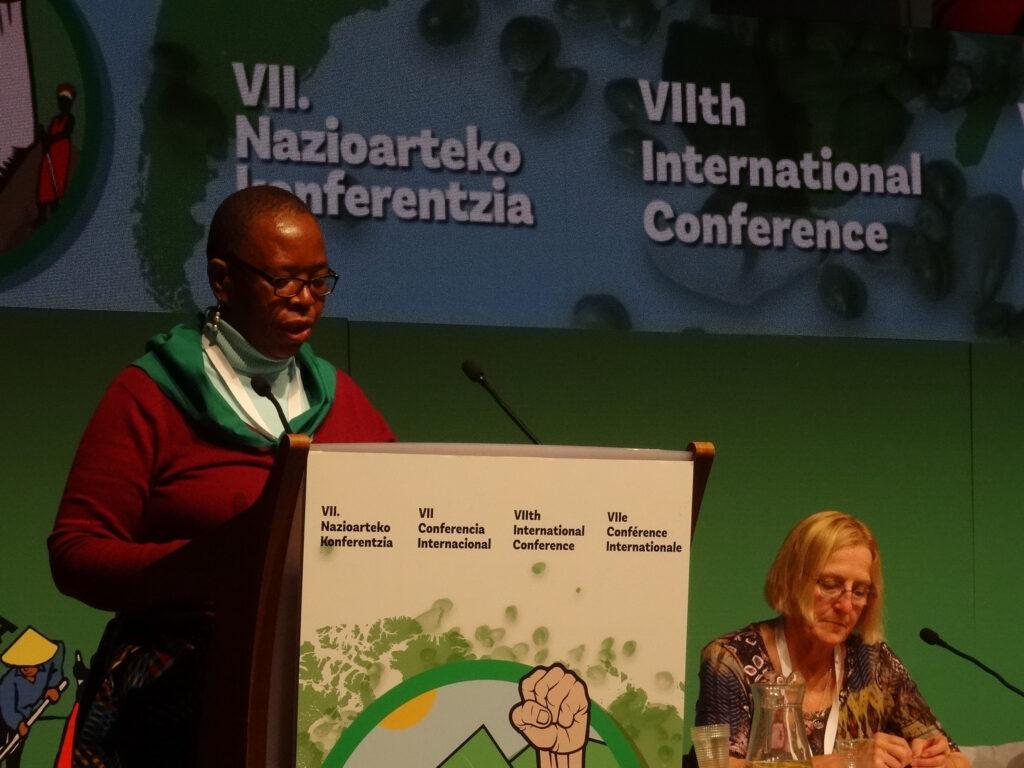
Interview with Ramata Ouedraogo, Farmer with We Are the Solution
- JonathanLeaning
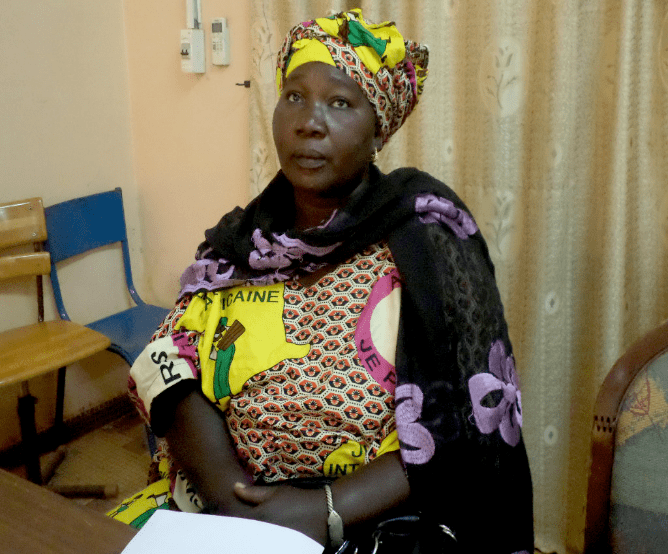
VIDEO: A Conversation with Flavio Barbosa, MST
- ChrisMorrill
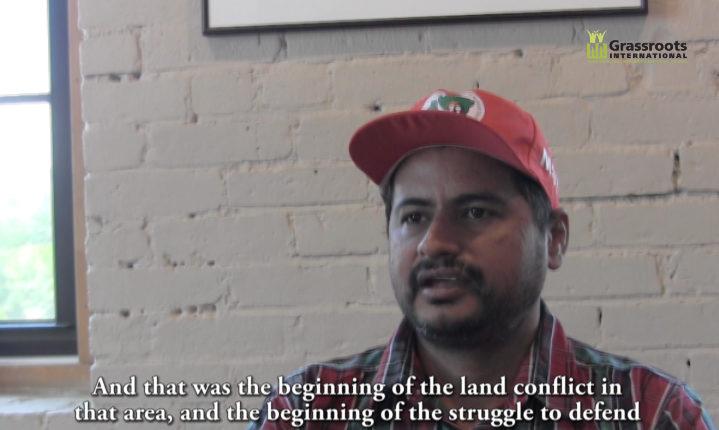
Statement from Mexican Social Movement on Secretary of Agriculture Nominee
- The Network in Defense of the Native Corn of Oaxaca
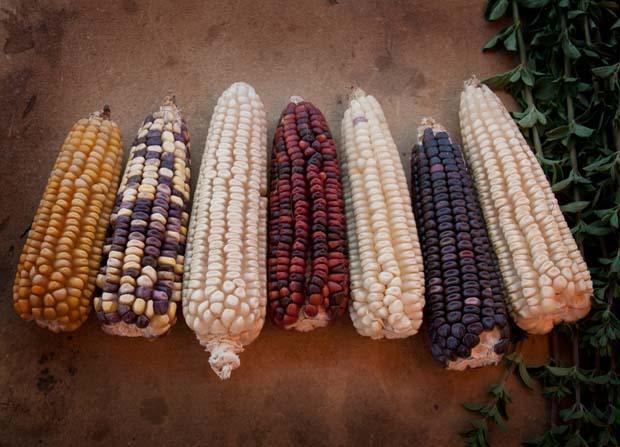
Dessalines Brigade: An Activity with Women from MOREPLA & an Agroecology Training with Tet Kole
- ALBA Movimentos

US Food Sovereignty Alliance Organizing Its IV National Assembly
- ShannonDuncan Bodwell
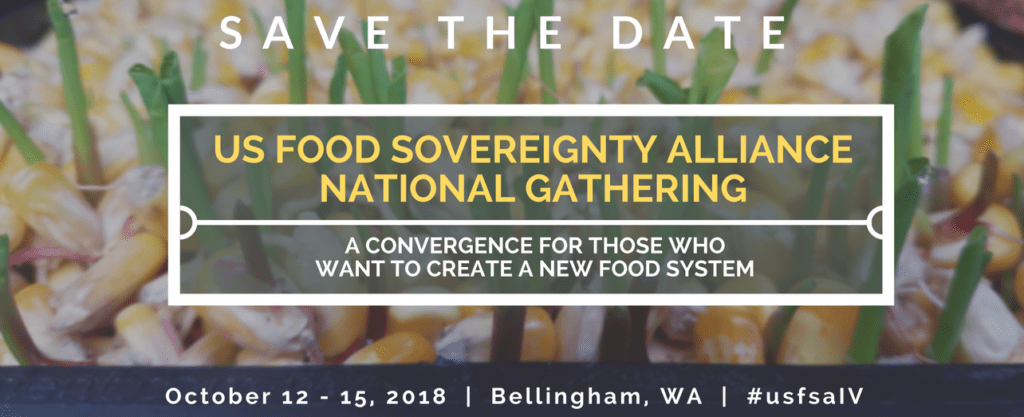
Family Farmers Applaud Defeat of Regressive House Farm Bill
- National Family Farm Coalition

Hands Off African Seeds! – No Intellectual Property on Life
- Alliance for Food Sovereignty in Africa
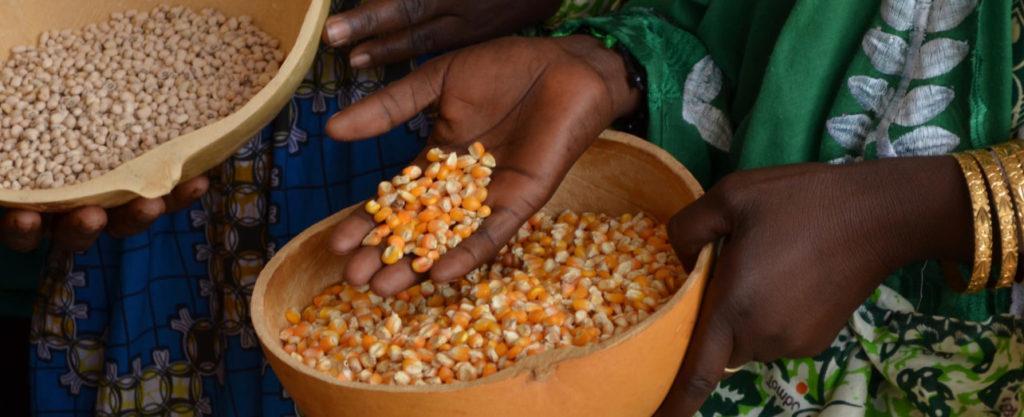
April 17th: We Demand that the Peasants Rights are Guaranteed
- La Via Campesina
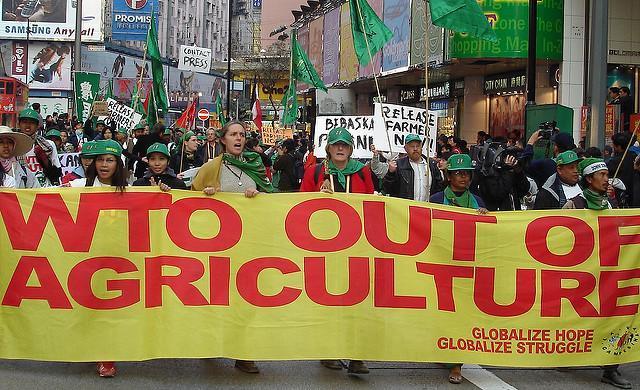
France Declares New Alliance for Food Security and Nutrition Failed in Burkina Faso
- Nicholas Johnson

Traversing the Dry Corridor: An Account of the Peasant Women Cooperatives in Honduras
- Monica Pelliccia

“We Are the Solution” Cultivates Seeds for a New Generation
- ChrisMorrill
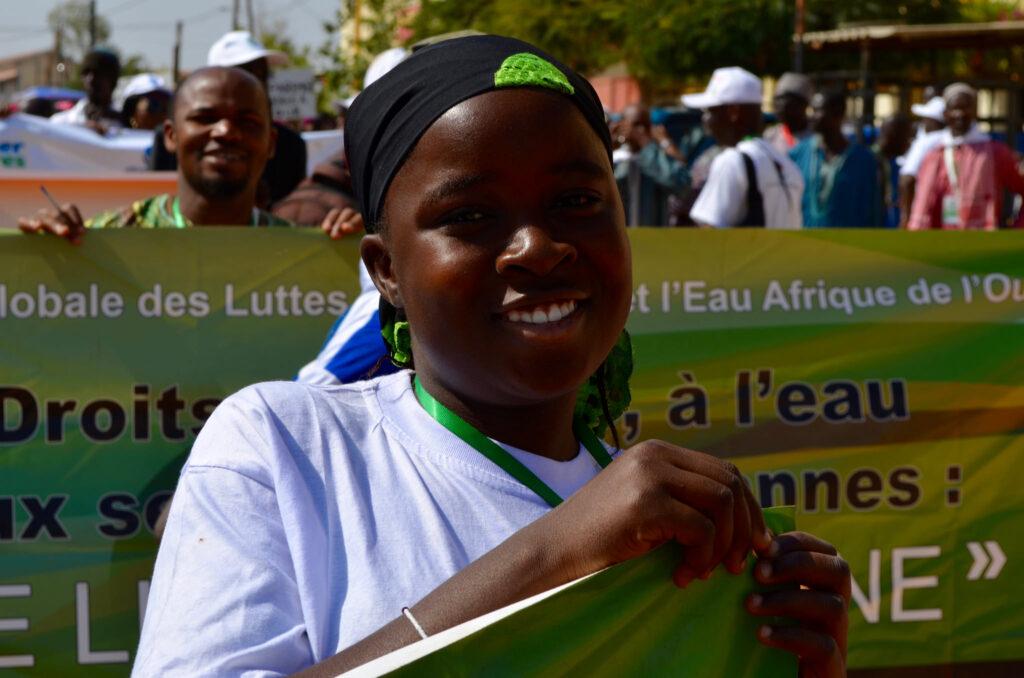
Fishery Defenders Celebrate NOAA’s Charges Against “Codfather”
- ChrisMorrill

Murder and Assault Committed Against Evicted Families in Guatemala
- Peasant Unity Committee
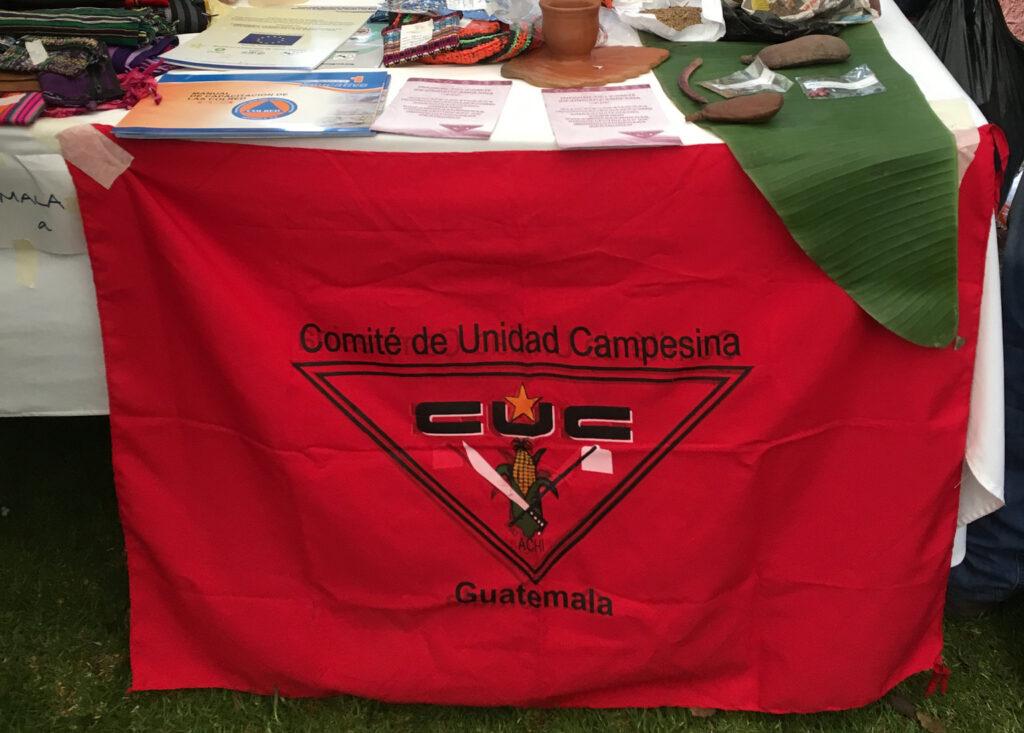
Security Forces Persecute Peasant Union Leaders in Honduras
- Platform of the Social and Popular Movement of Honduras
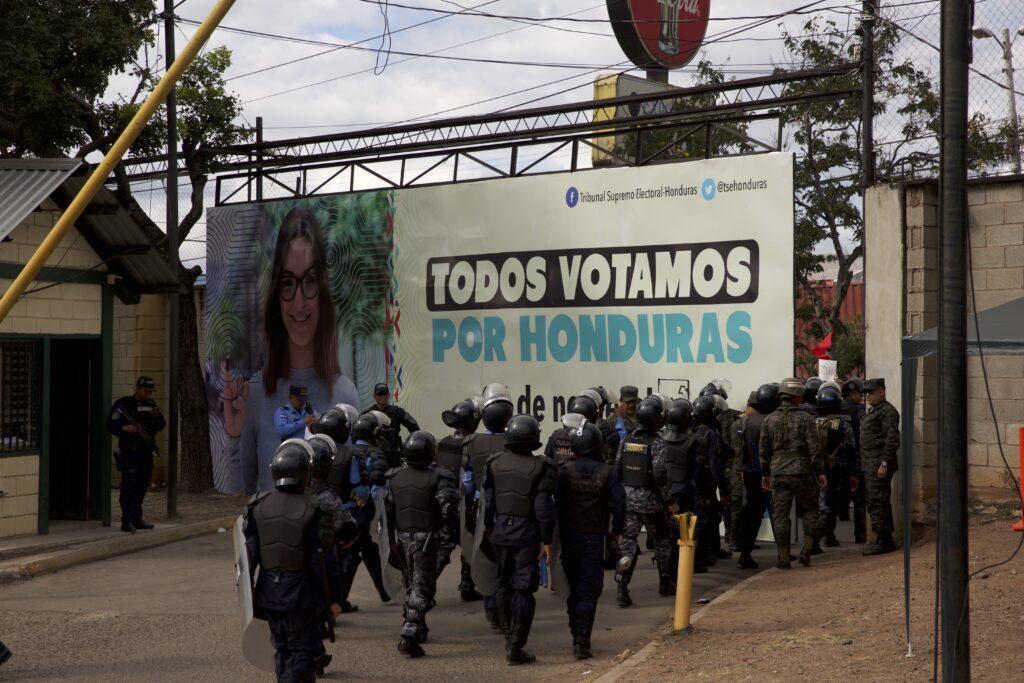
Photo Blog: Agroecology Practices and Product Fair
- OpalMita
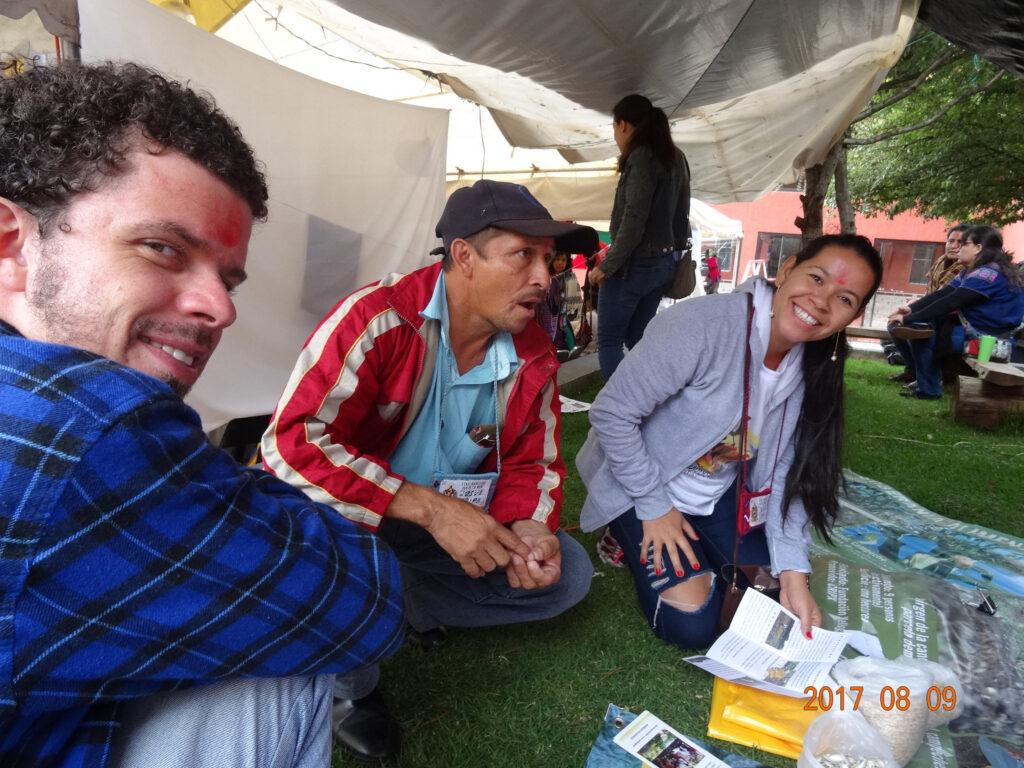
Movement Building at the Heart of Haitian Peasants’ Response to Climate Change
- Mina Remy and Salena Tramel
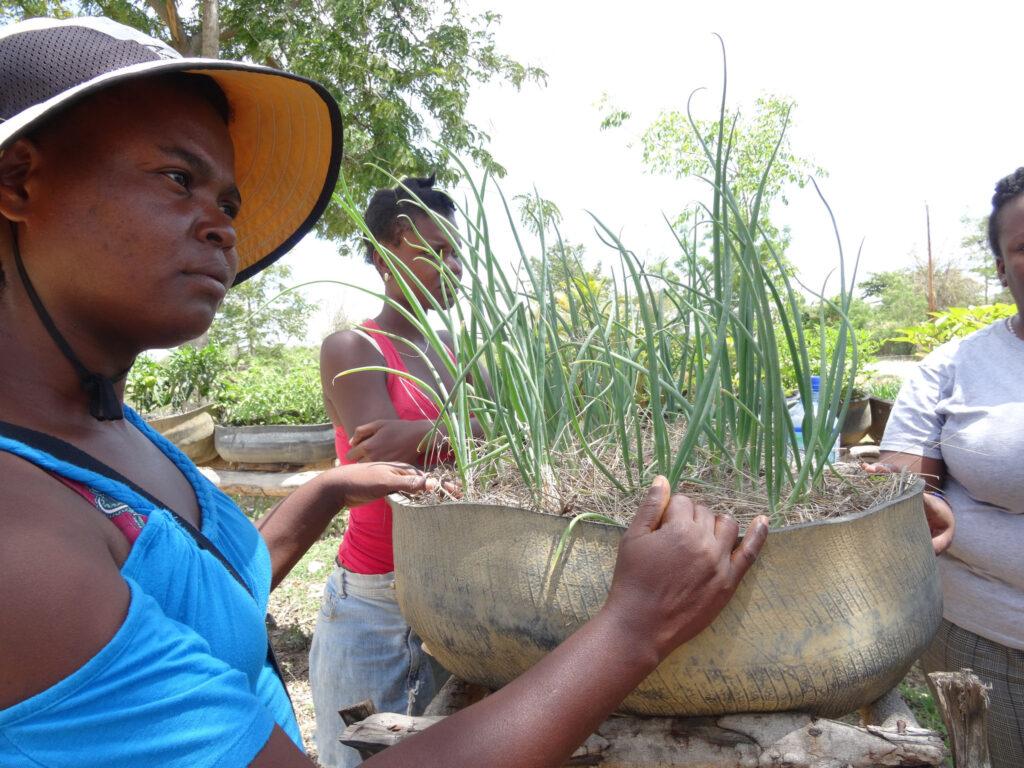
Between Hope and a New Horizon
- Nilmar Lage
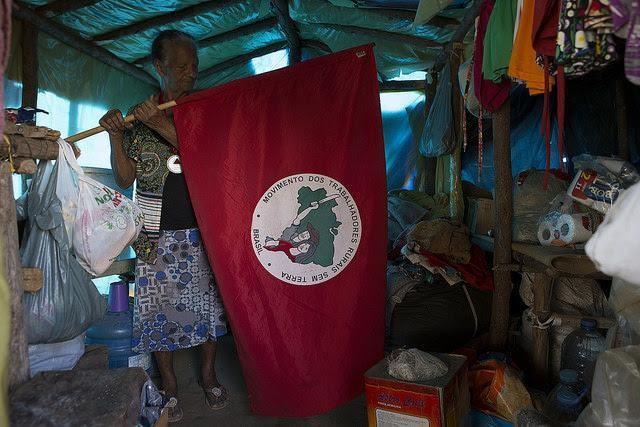
U.S. Pension Fund TIAA Implicated in Brazilian Land Grabs
- Allison Kaika

Celebrating Women’s Leadership and Resilience
- Mina Remy

Schell Report Details Harmful Effects of Haiti’s Agricultural Mega-Development Plans
- Yale Law School Today

On ‘Food Sovereignty Day’ La Via Campesina Launches Publication on Food System
- La Via Campesina
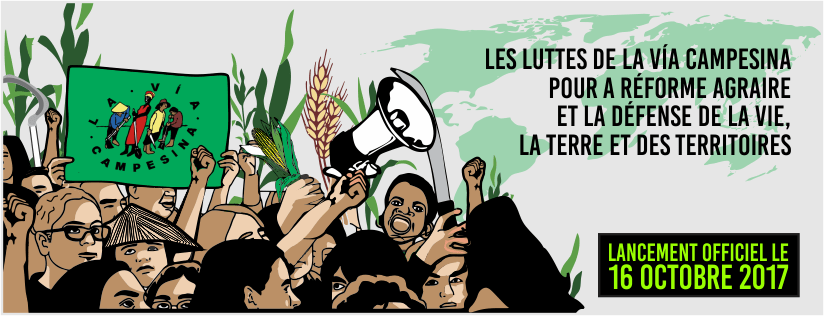
Cotton Farmers Stand Up, Monsanto Backs Down
- Allison Kaika

2017 Food Sovereignty Prize Winners Announced
- ChrisMorrill
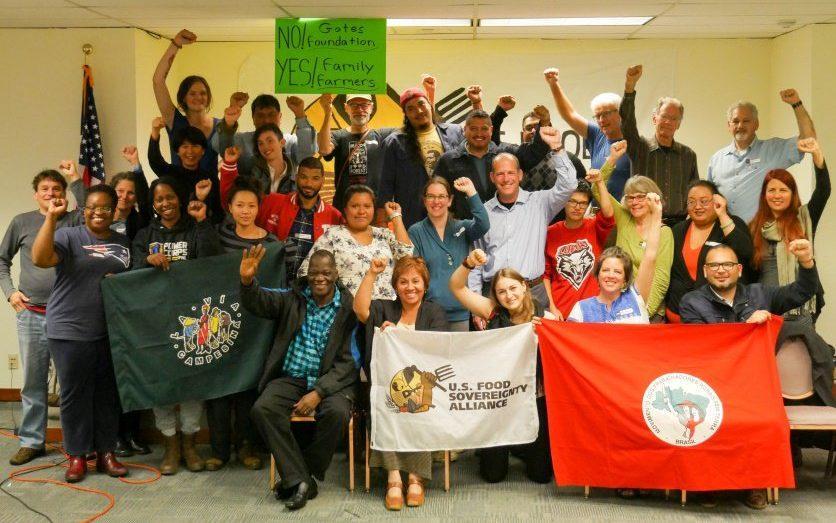
Farm, Food and Rural Advocates Ask House Agricultural Committee for a Fair Farm Bill
- Allison Kaika

Did Monsanto Write Malawi’s Seed Policy?
- TimothyWise

Voices from the Via: Attendees from International Conference Share Thoughts
- La Via Campesina
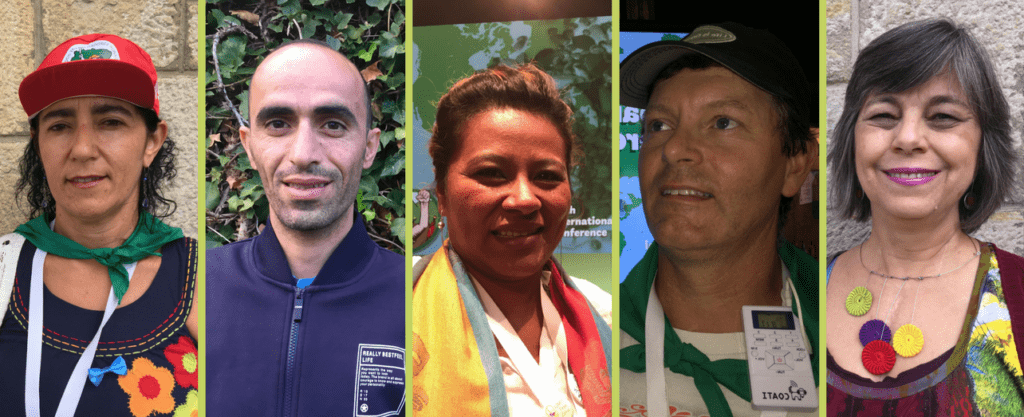
Peasants From Over 70 Countries Meet to Build Food Sovereignty
- SaraMersha
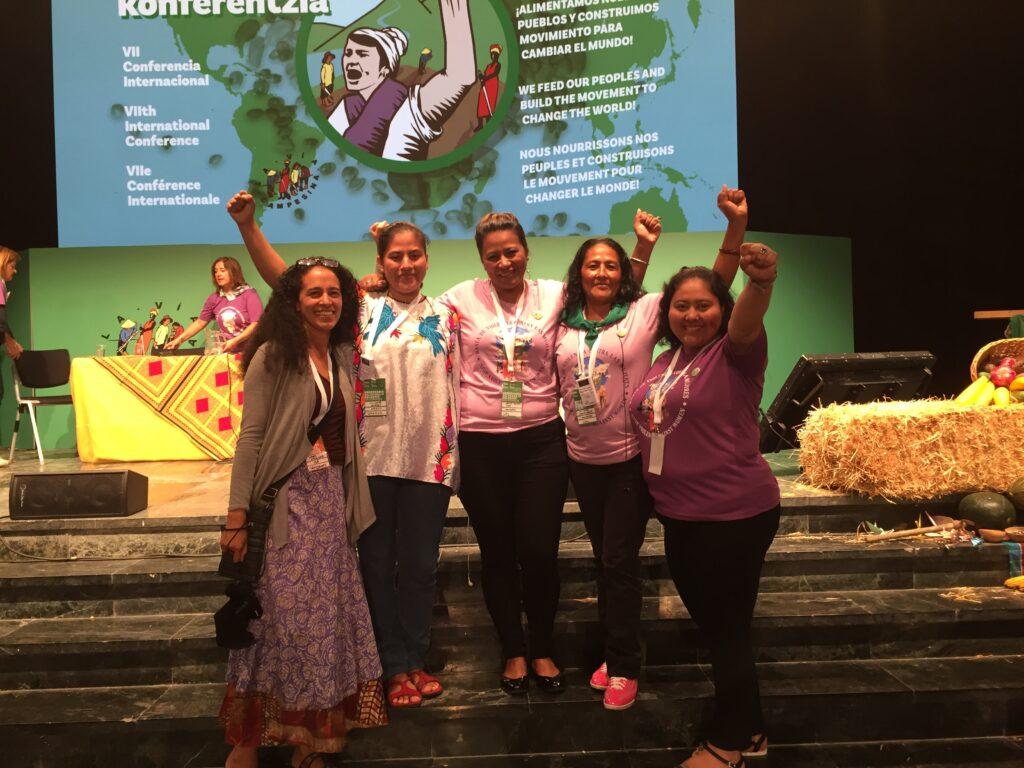
The Future of Farmland (Part 2): Grabbing the Land Back
- Neil Thapar
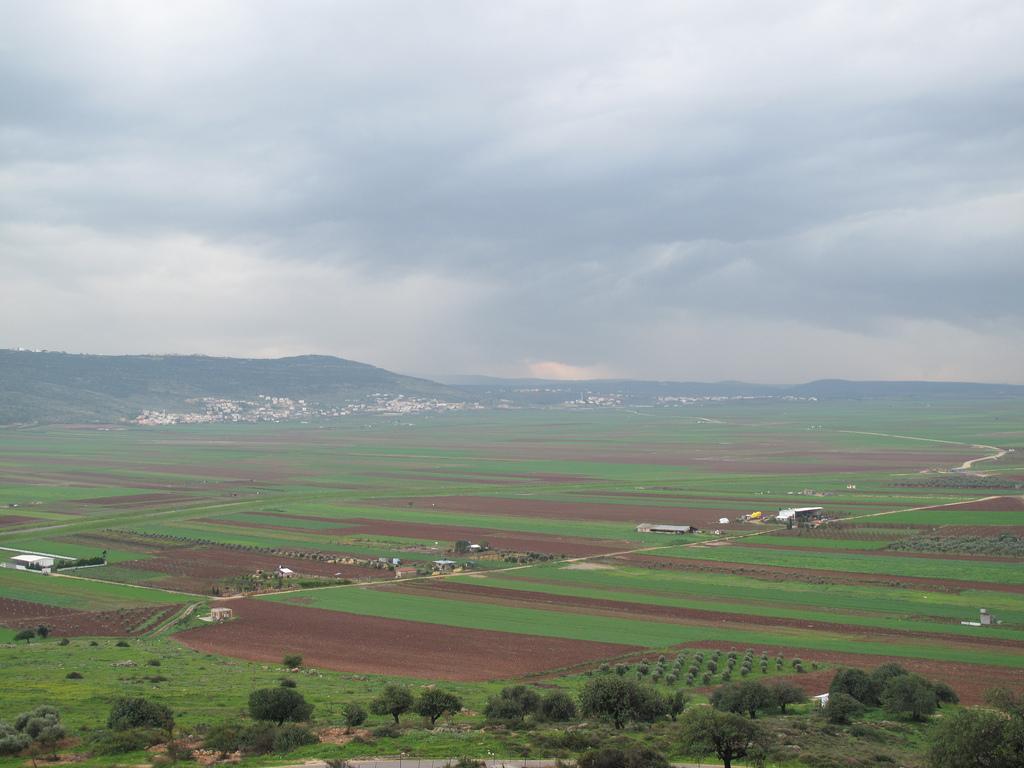
Movement Building at the Heart of Haitian Peasants’ Response to Climate Change
- Mina Remy and Salena Tramel

The Future of Farmland (Part 1): The New Land Grab
- Neil Thapar
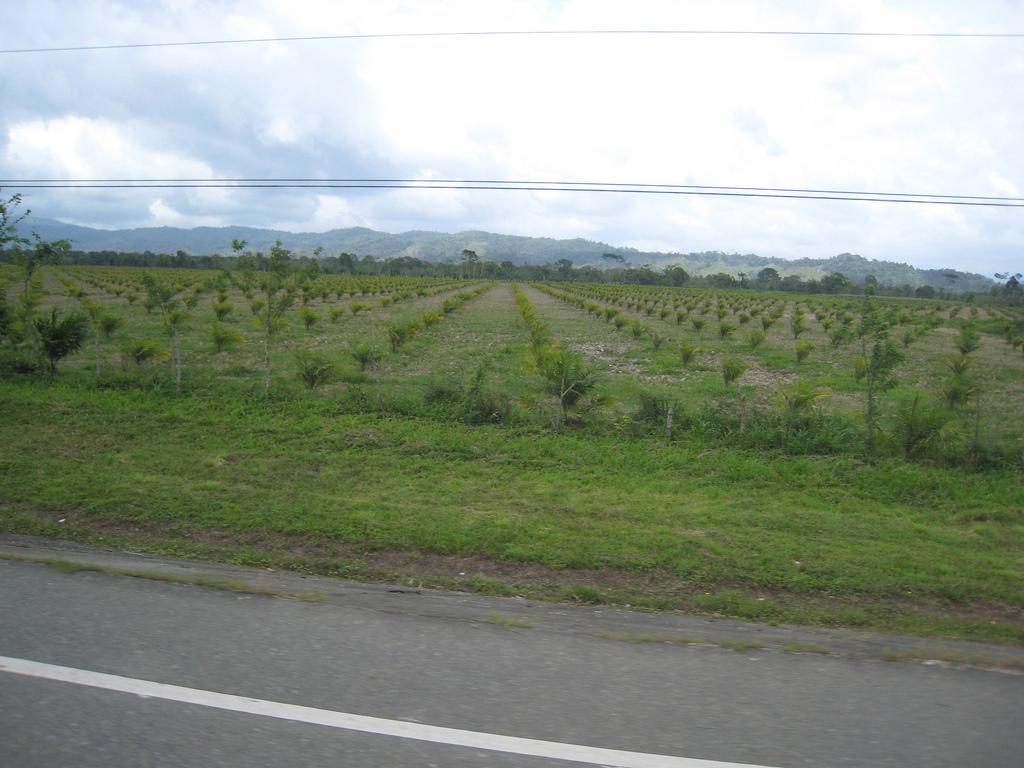
Women Farmers in West Africa Challenge Agribusiness, Promote Community Control
- Michael Martin

Landless Workers’ Movement Gathers 170,000 People for Agrarian Reform Fair in São Paulo
- ChristyPardew

The Meeting of Afro-Brazilian Culture and African Activists in Bahia
- LydiaSimas

Unbroken Connection to the Land
- David Bacon and Rosalinda Guillen

Remembering US Food Justice Leader: Kathy Ozer, Presente!

When the Rains Fall in (West) Africa
- MinaRemy
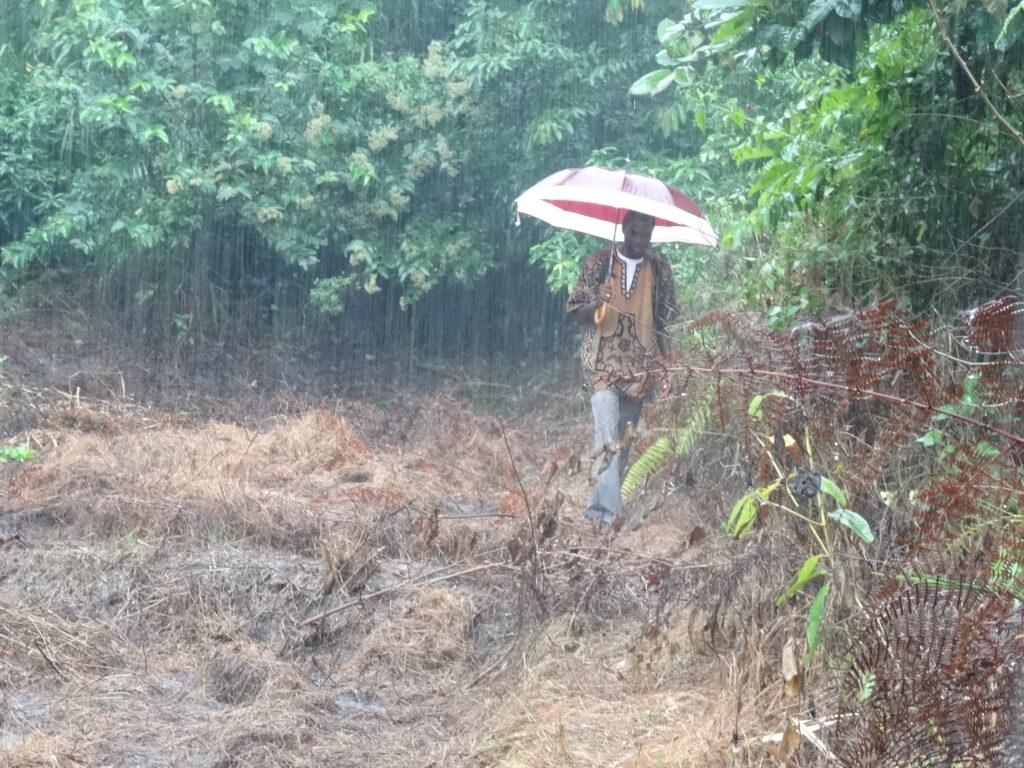
Learning Without Borders, With Struggle and Hope: Our Time with MCP
- LydiaSimas
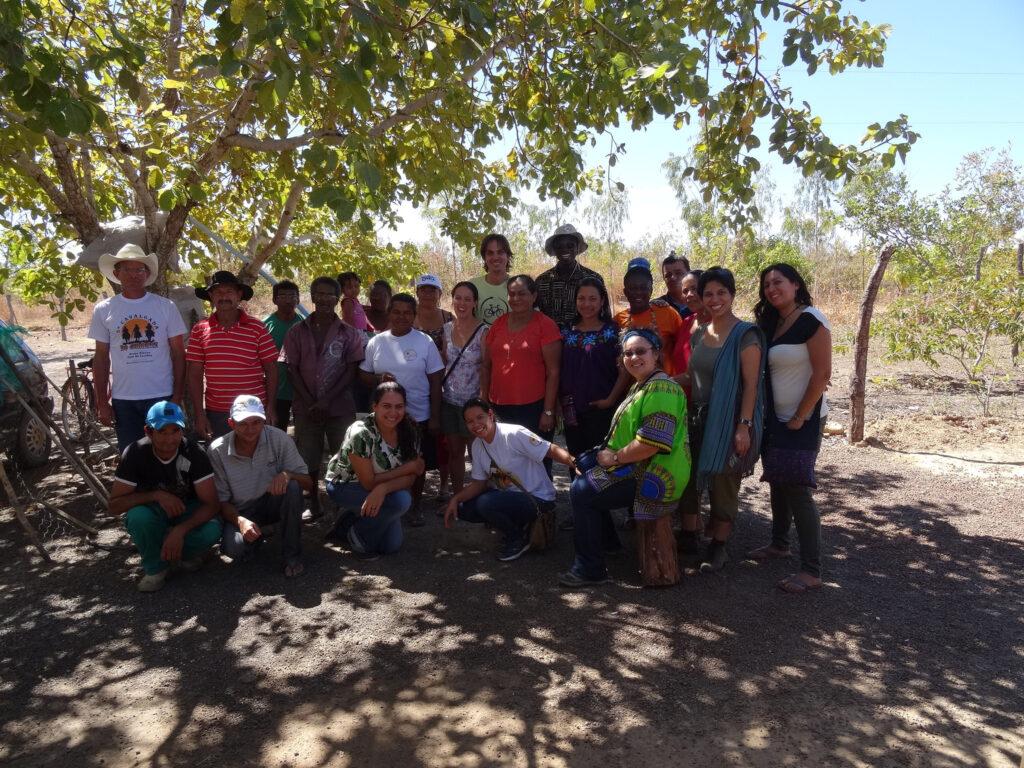
Photo Blog: West African Learning Exchange
- MinaRemy
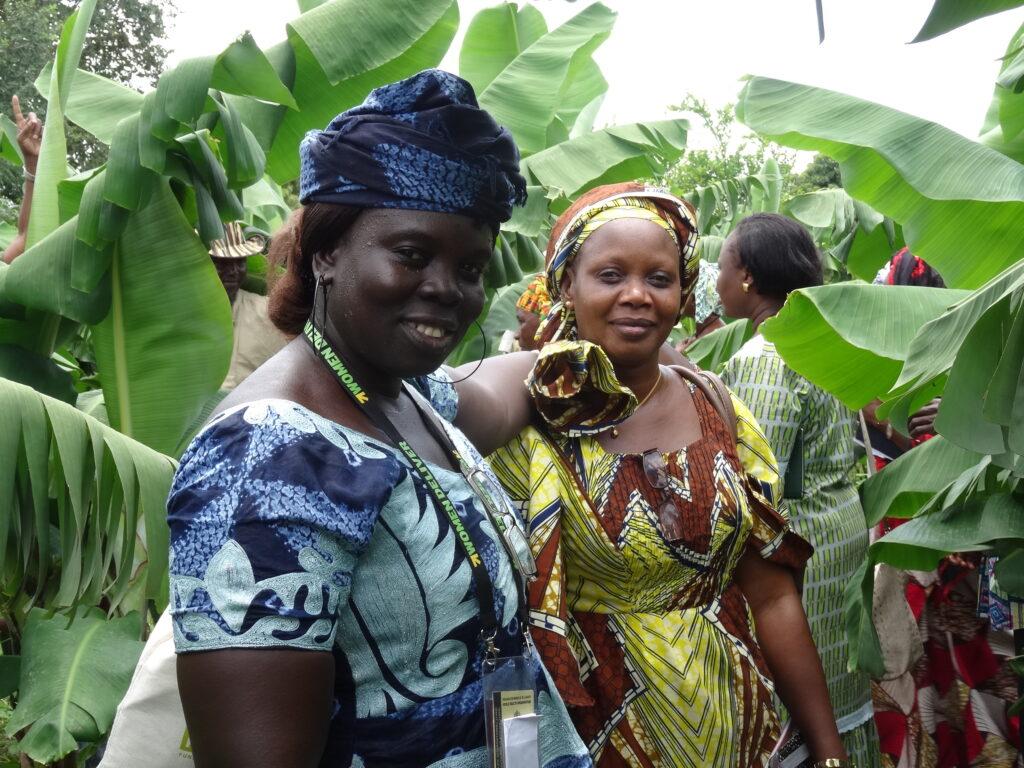
The Power of Human Connection
- Katherine Zavala
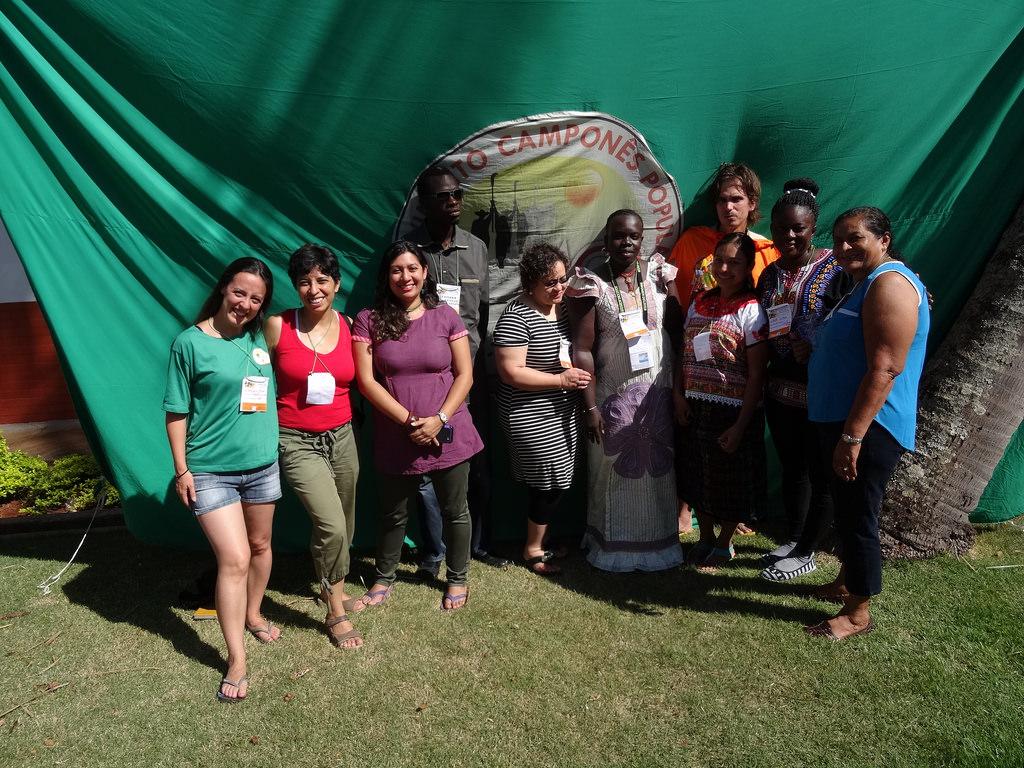
2016 Food Sovereignty Prize Recipients Call Big Ag’s Bluff, Challenge Corporate Food System
- CarolSchachet
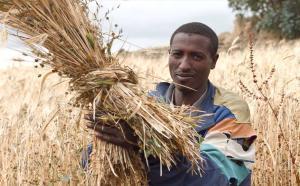
Peanuts and Protest in Haiti Minimize US Surplus Dumping Scheme
- Krystal Kilhart
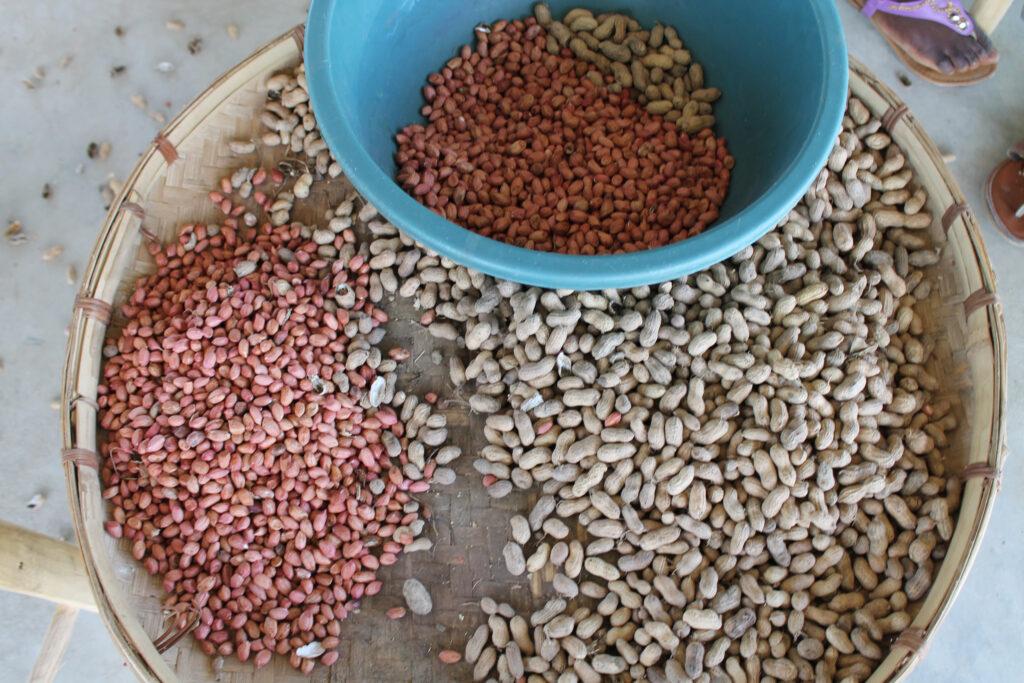
Free Trade Dismantling Lives, Cultures in Mexico
- Krystal Kilhart

Organizing Women-Headed Households in Brazil
- Nasim G. Memon

The World Food Prize Misses the Mark
- CAROL SCHACHET
2012 Right to Food Watch Report
- CAROL SCHACHET
2011 Food Sovereignty Prize winners announced
- CAROL SCHACHET
Feeding Dependency, Starving Democracy: 1997 Executive Summary
Now Available – Food Rebellions! Crisis and the Hunger for Justice
- GRASSROOTS INTERNATIONAL
Announcing: A New Popular Education Tool!
- CAROL SCHACHET
The Via Campesina to Hold 5th International Conference
- CAROL SCHACHET
The Hidden Face of the Global Food Crisis
- CAROL SCHACHET
Empty Policies for Empty Plates
- GRASSROOTS INTERNATIONAL
Farmers bringing message to the Food Crisis Summit in Rome expelled
- NIKHIL AZIZ
Civil Society forum calls for Rethinking of the Global Food System
- NIKHIL AZIZ
Agribusiness Transnational Corporations (TNCs) Create World Food Crisis; Peasants Seize Back Their Rights
- VIA CAMPESINA
A Response to the Global Food Prices Crisis
- CAROL SCHACHET
A Brazilian Perspective on Food and Energy Sovereignty
- CAROL SCHACHET
When Hope Triumphs Over Fear: An Invisible Global Revolution: Frances Moore Lappé at the Jamaica Plain Forum
- CAROL SCHACHET
Agriculture is a Key Pillar in the Palestinian Economy
- NITHAM ATTAYA, PARC
Massacre at Felizburgo
- JAKE MILLER

